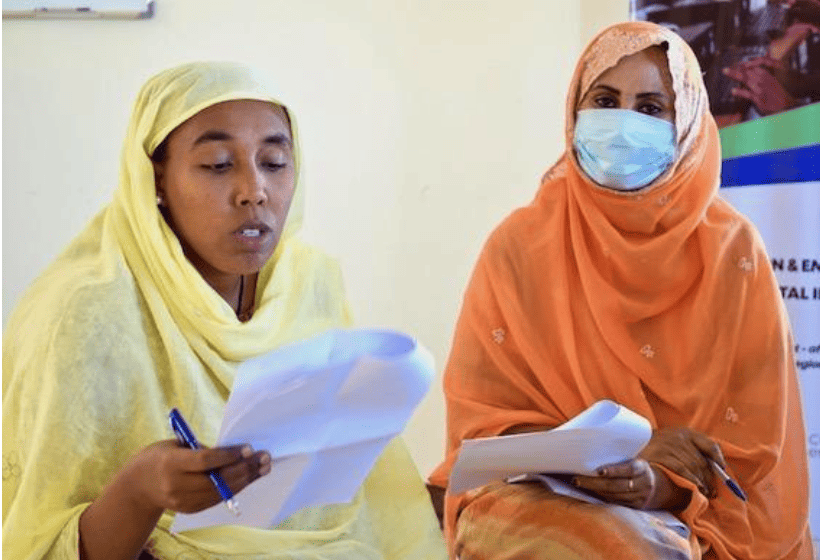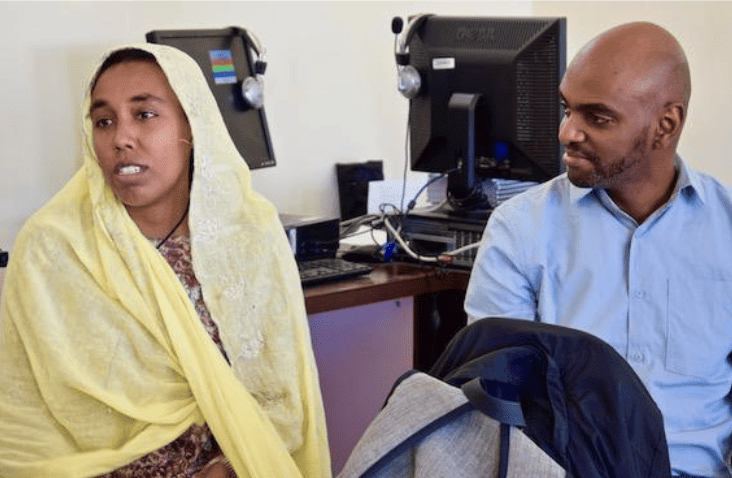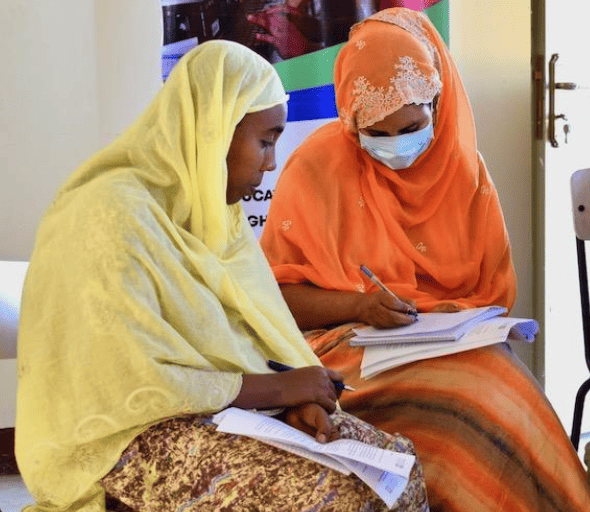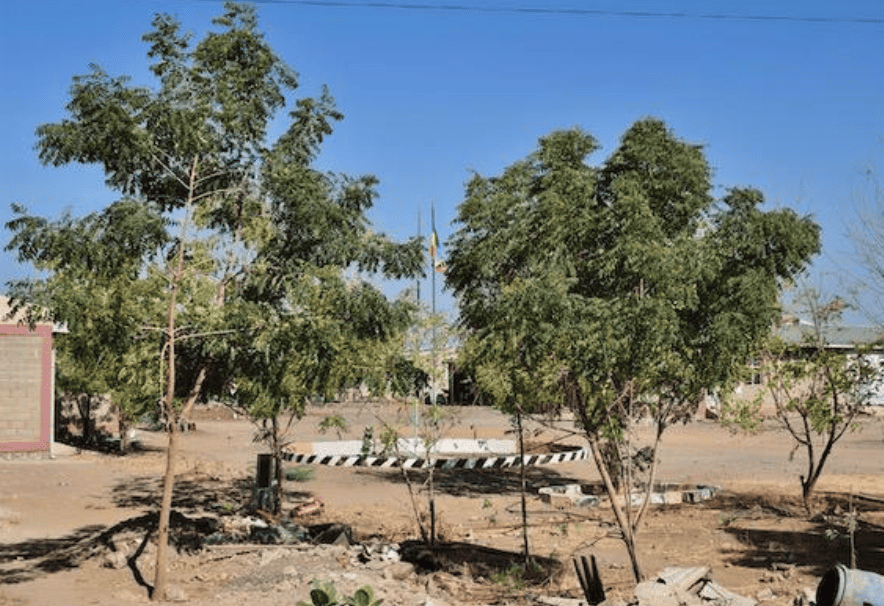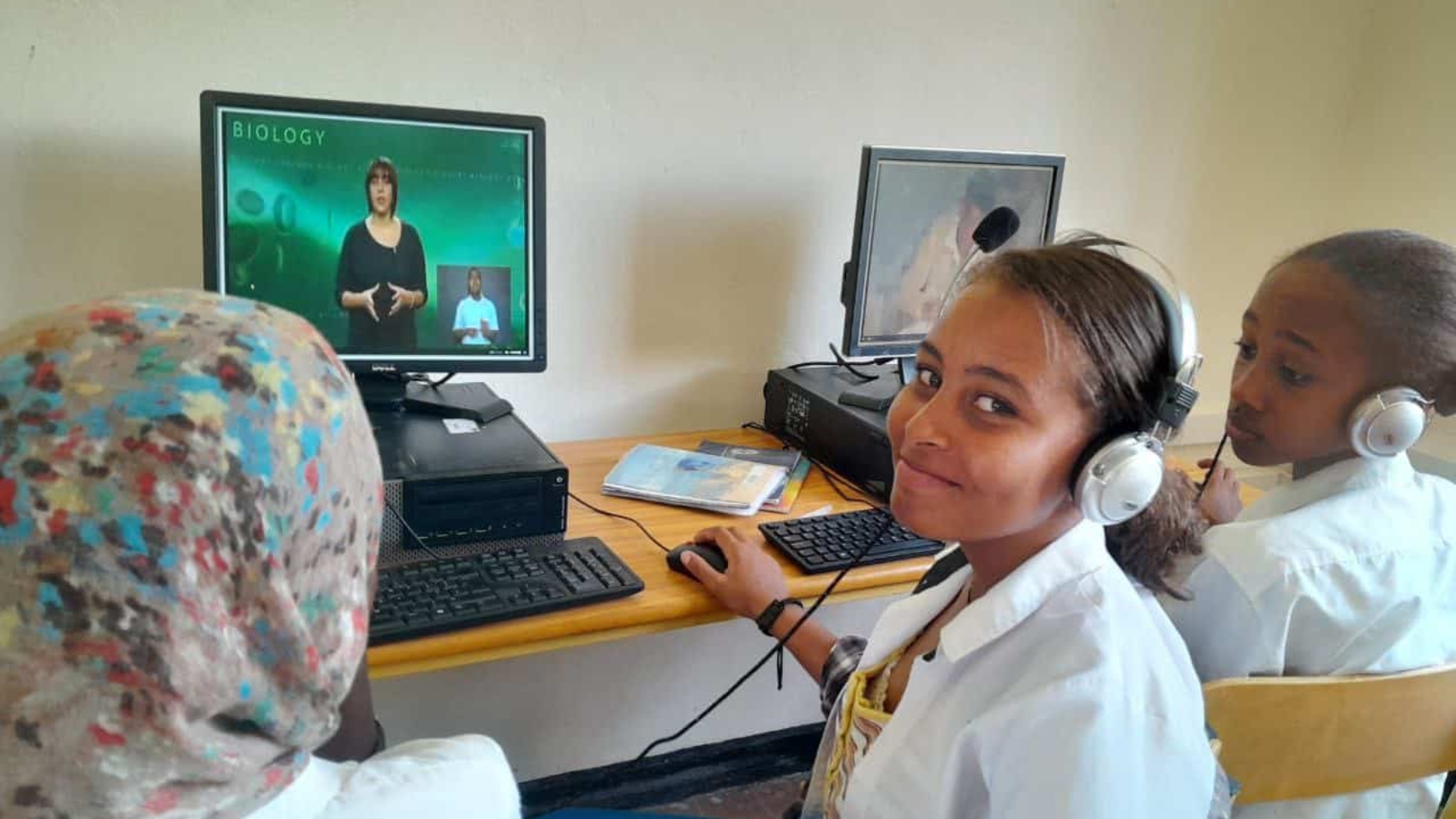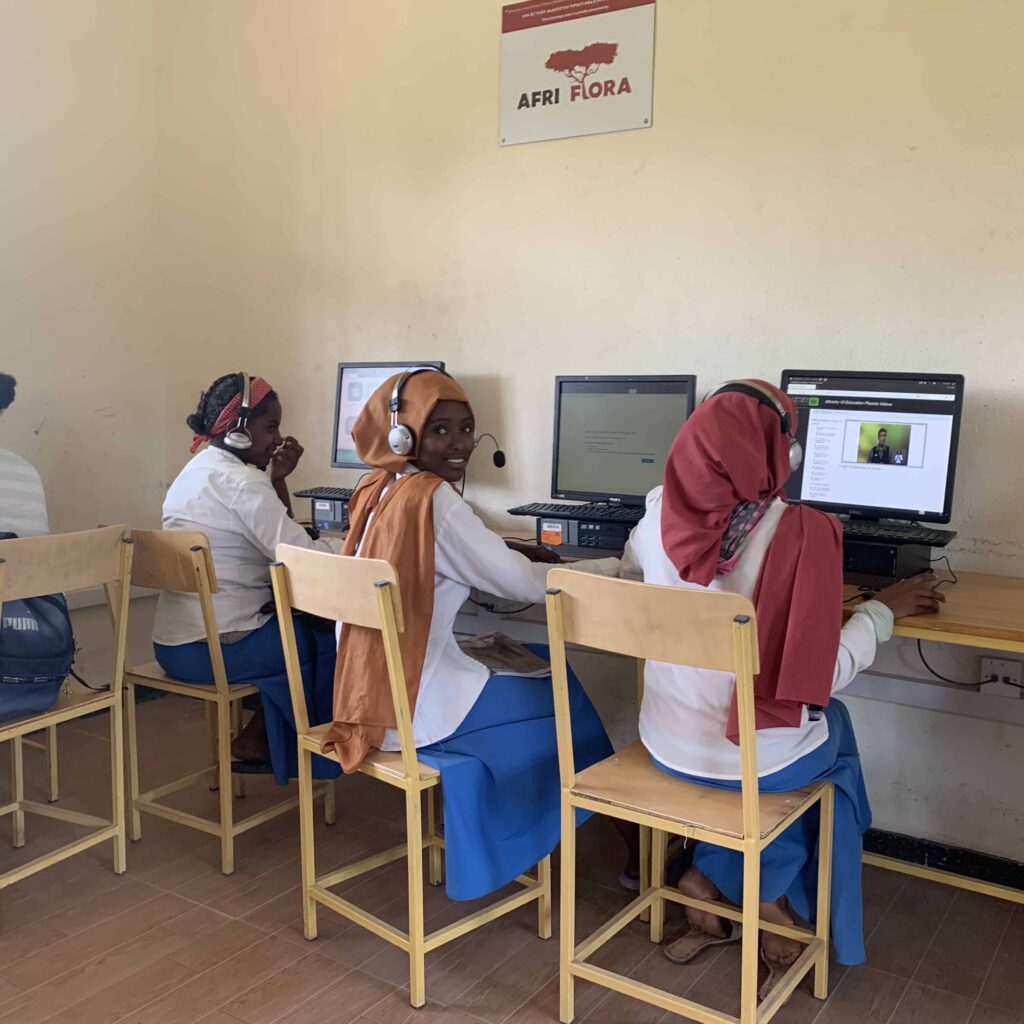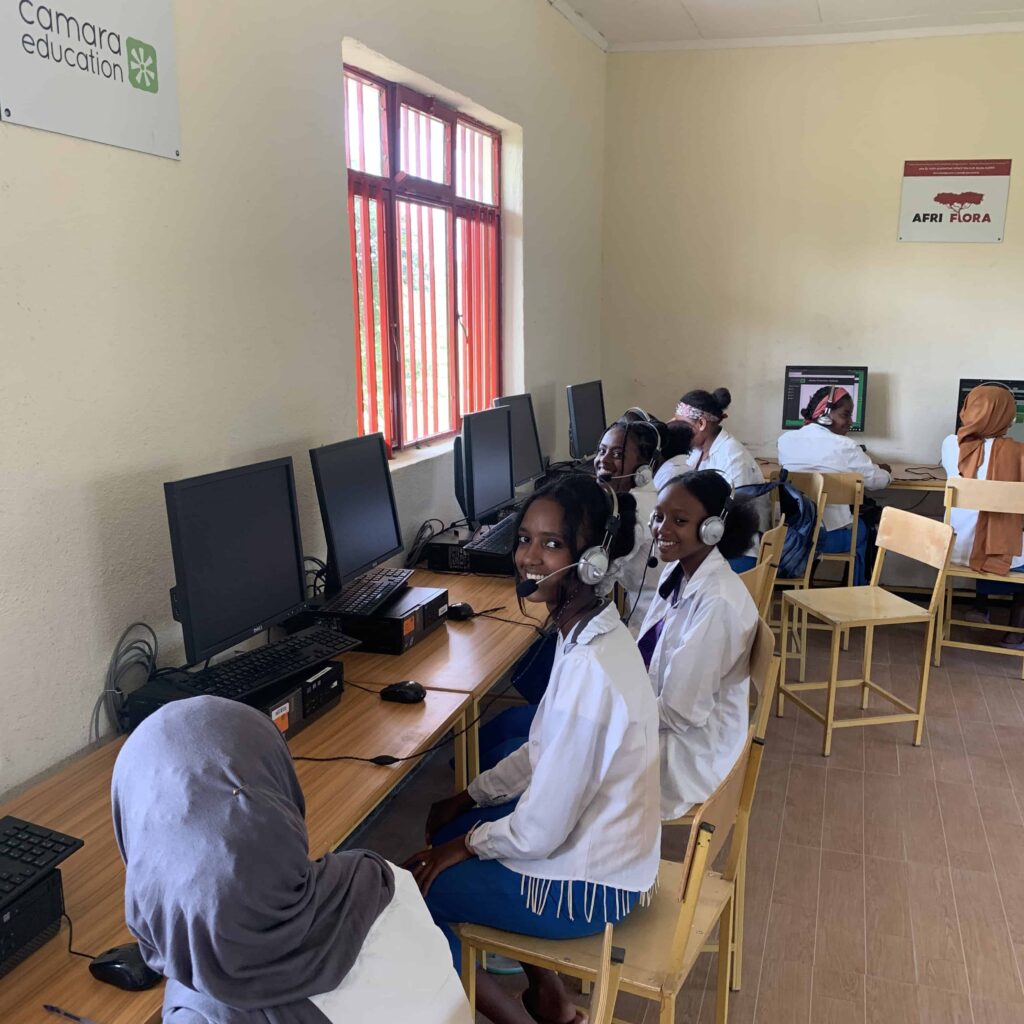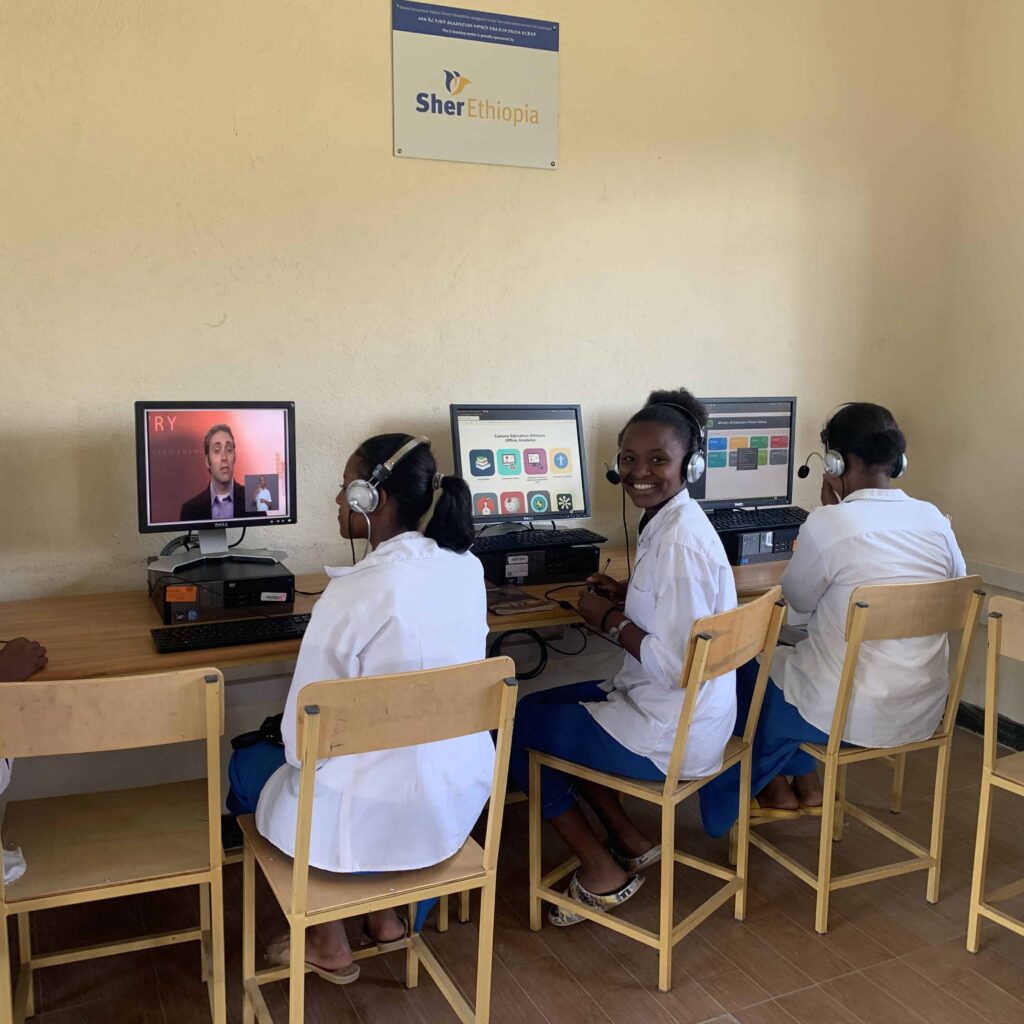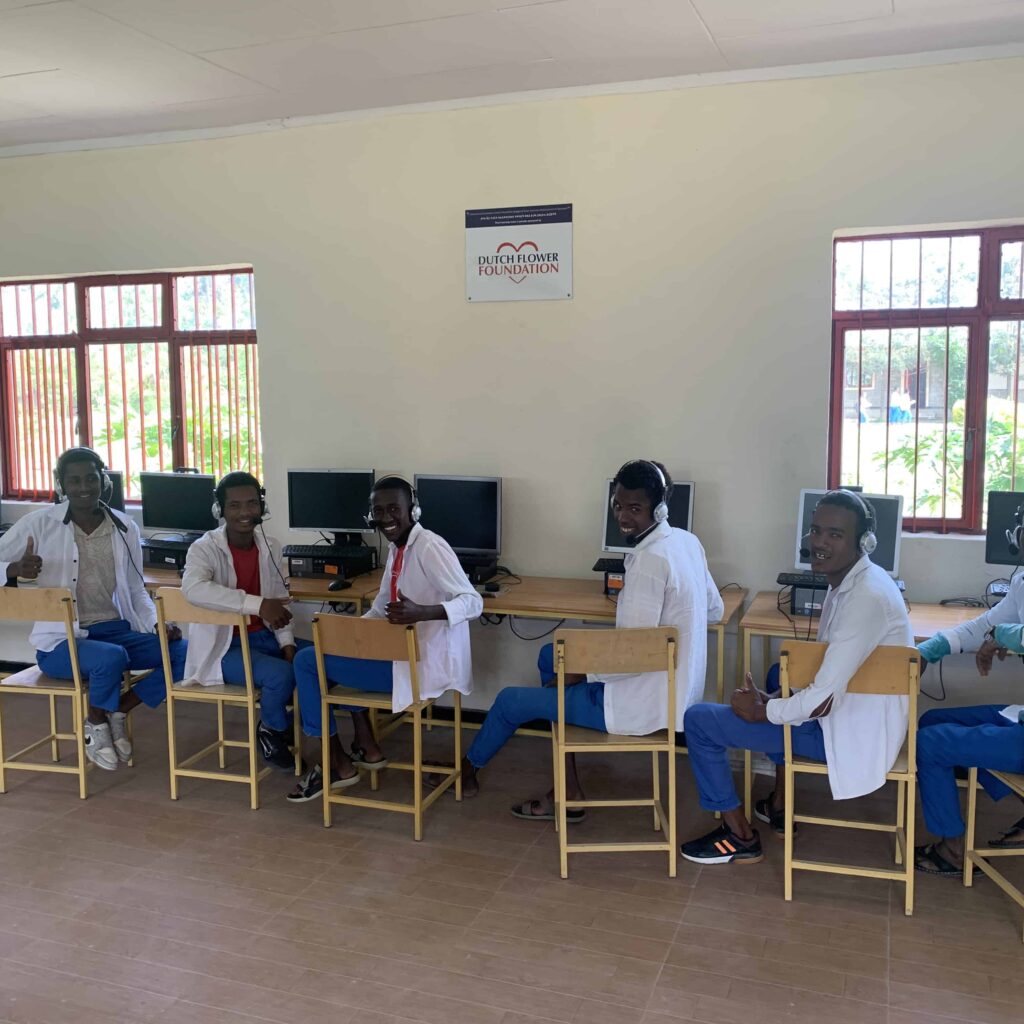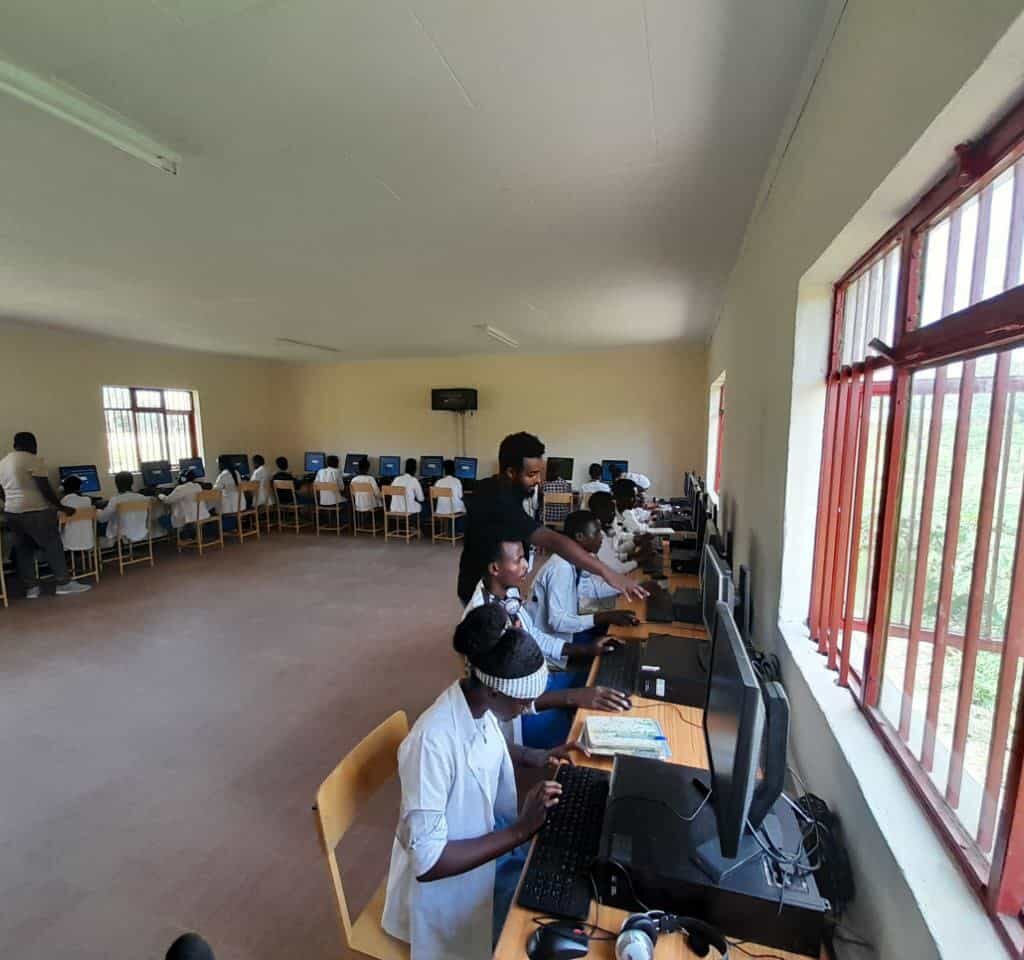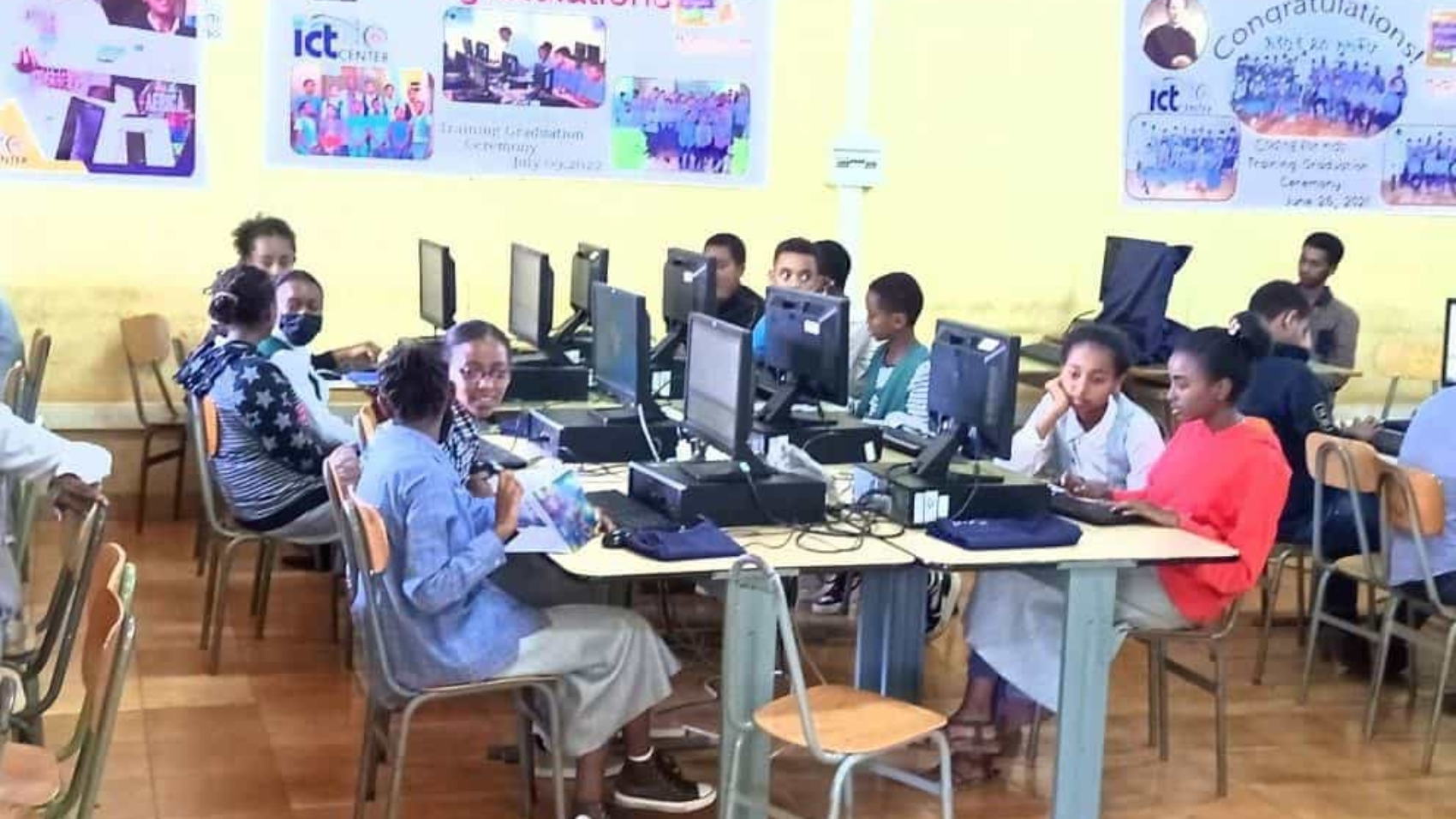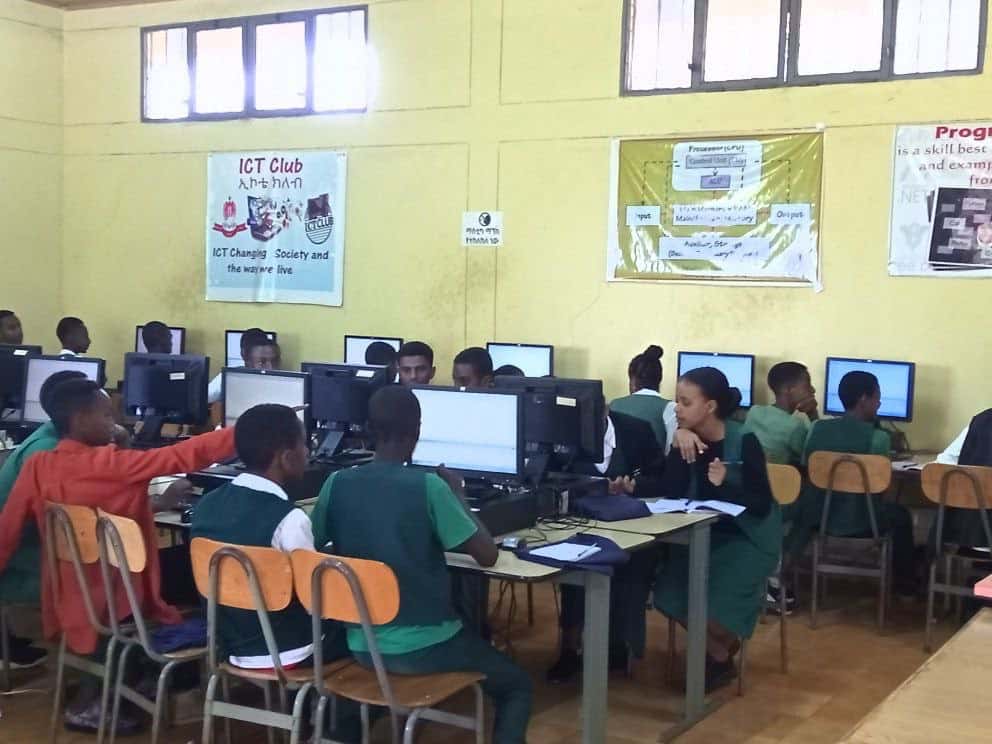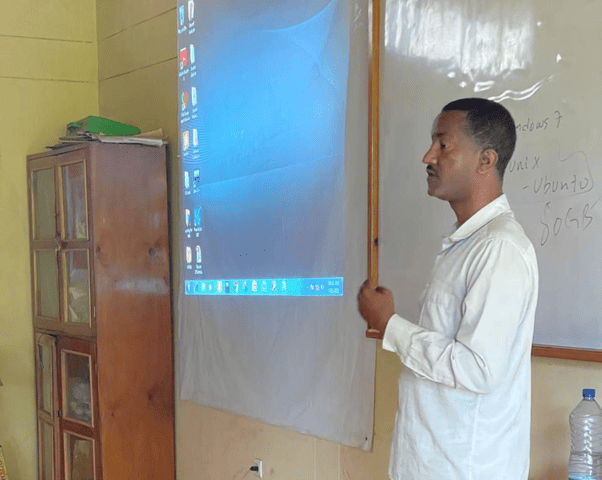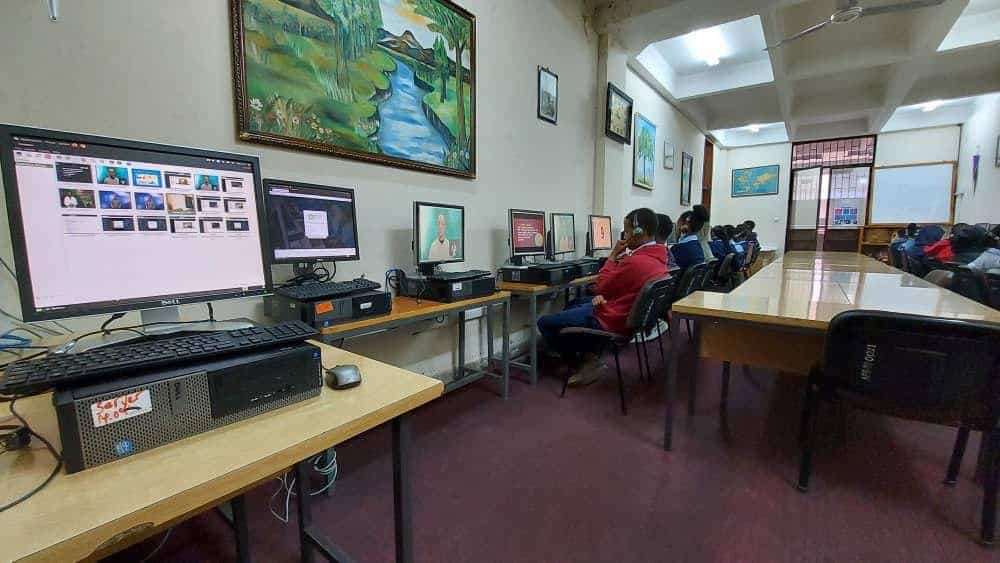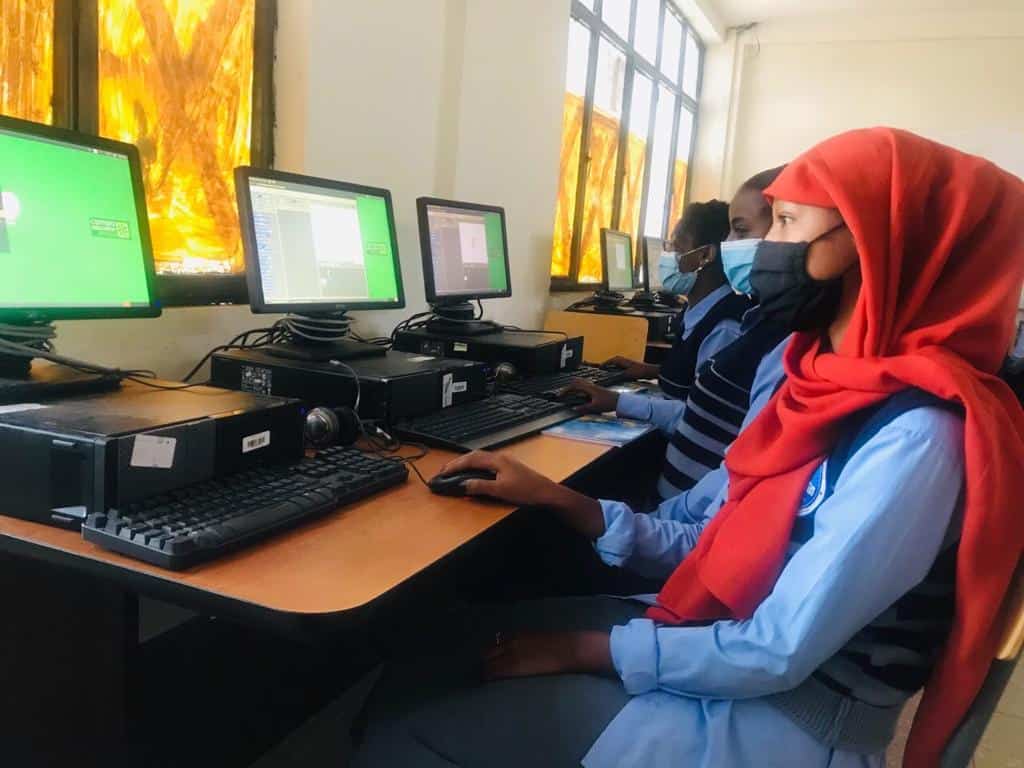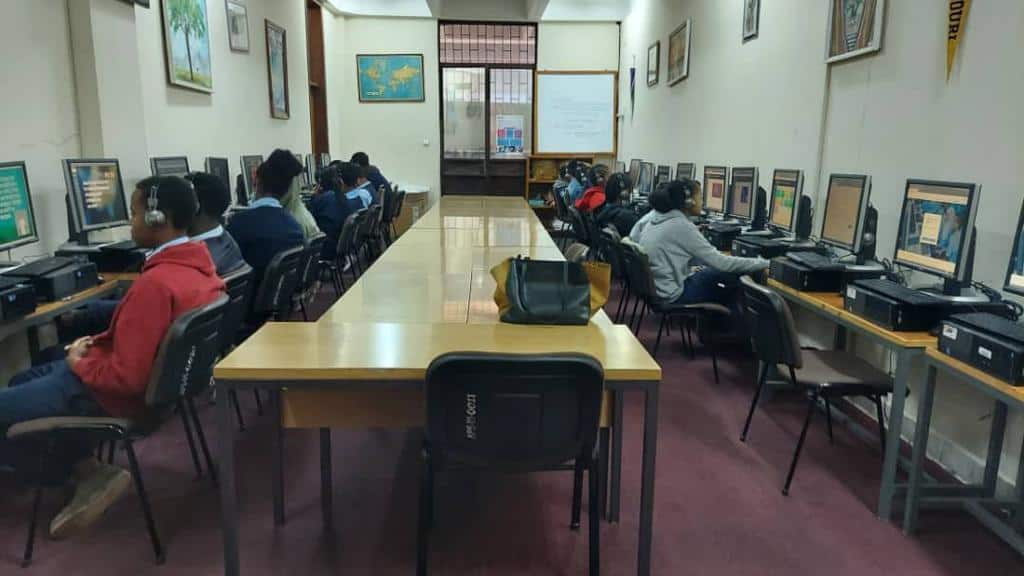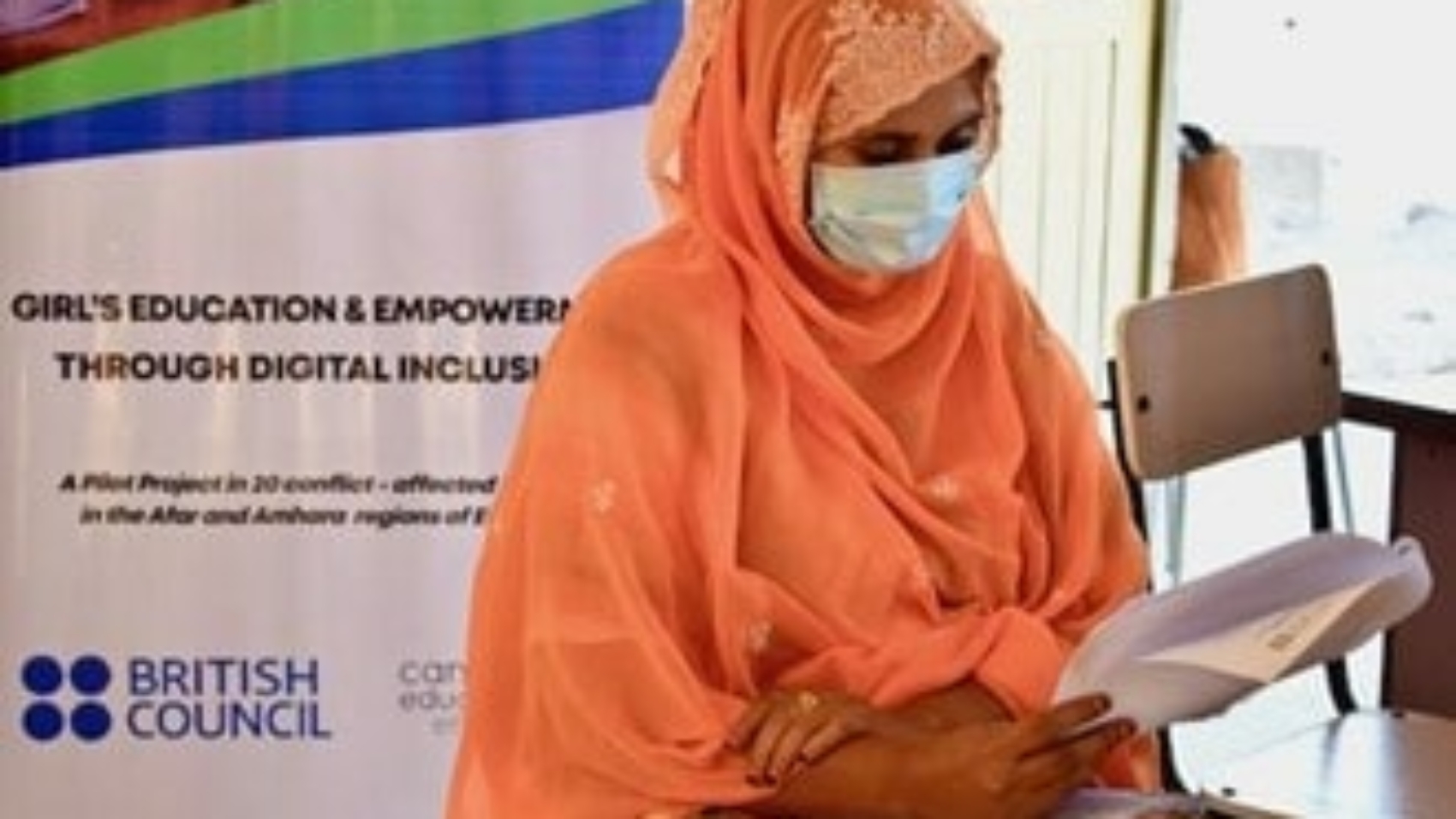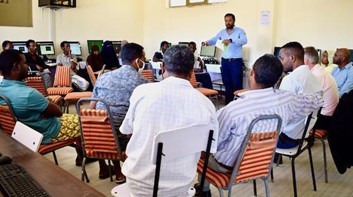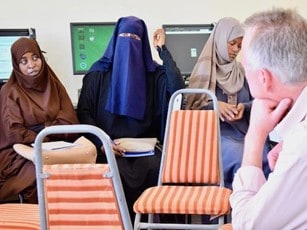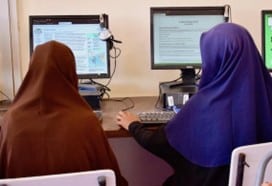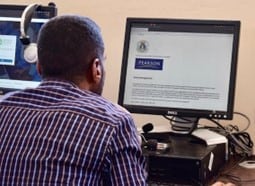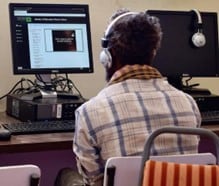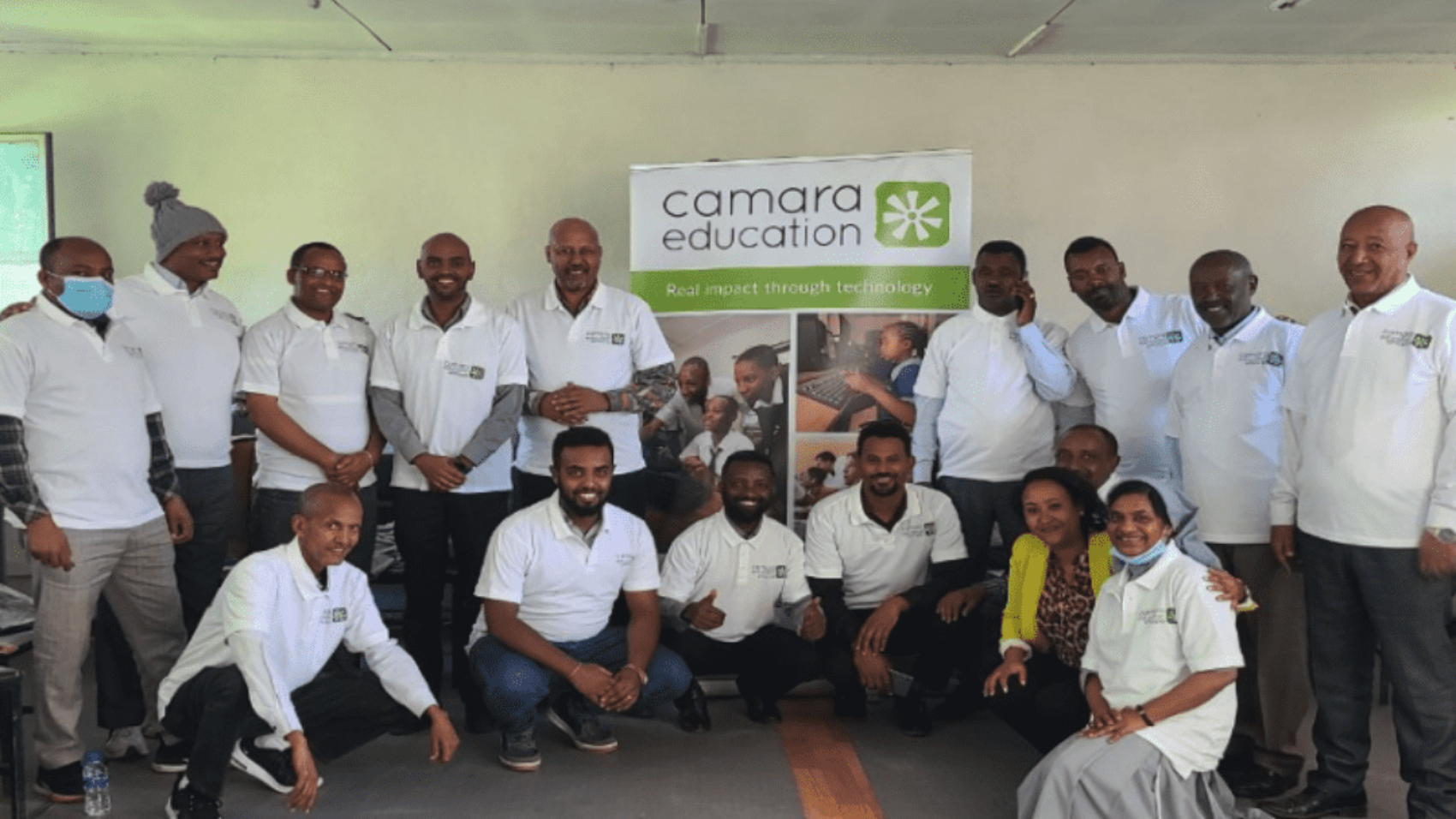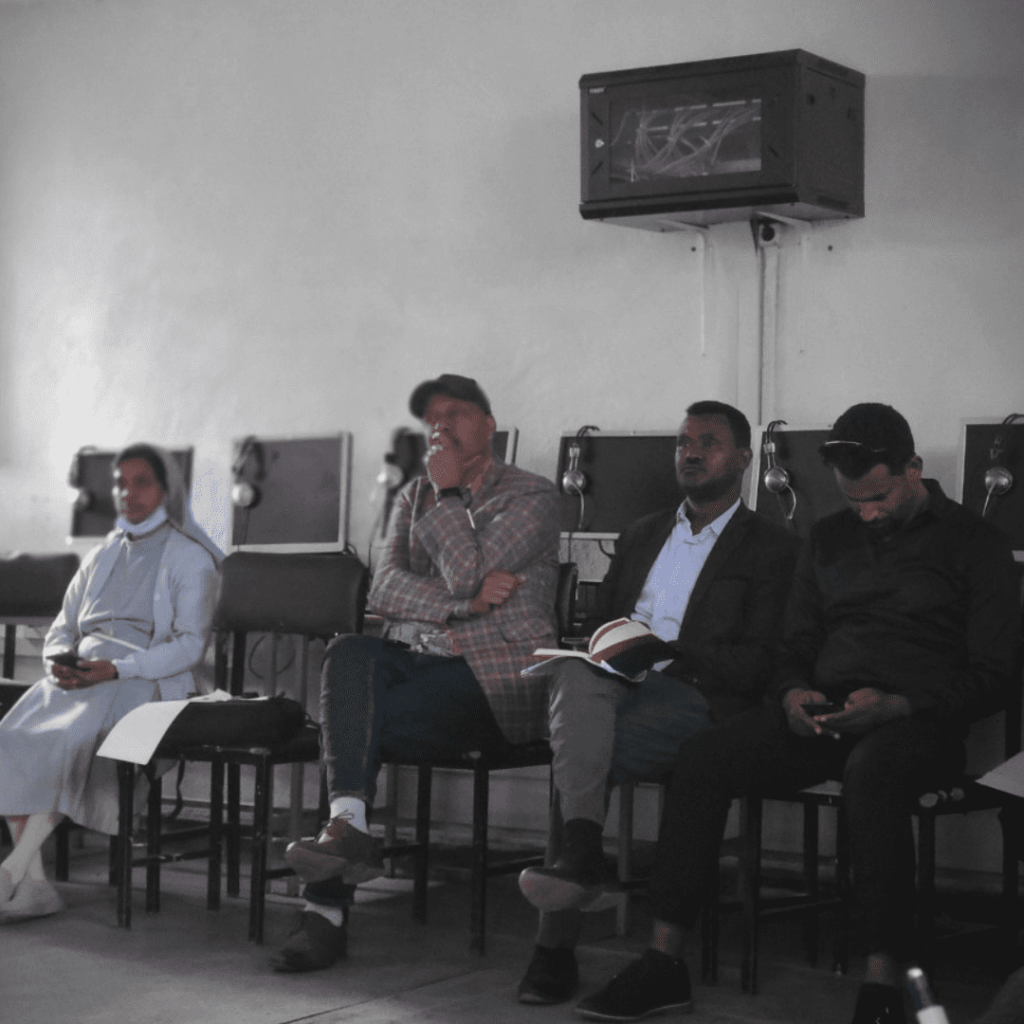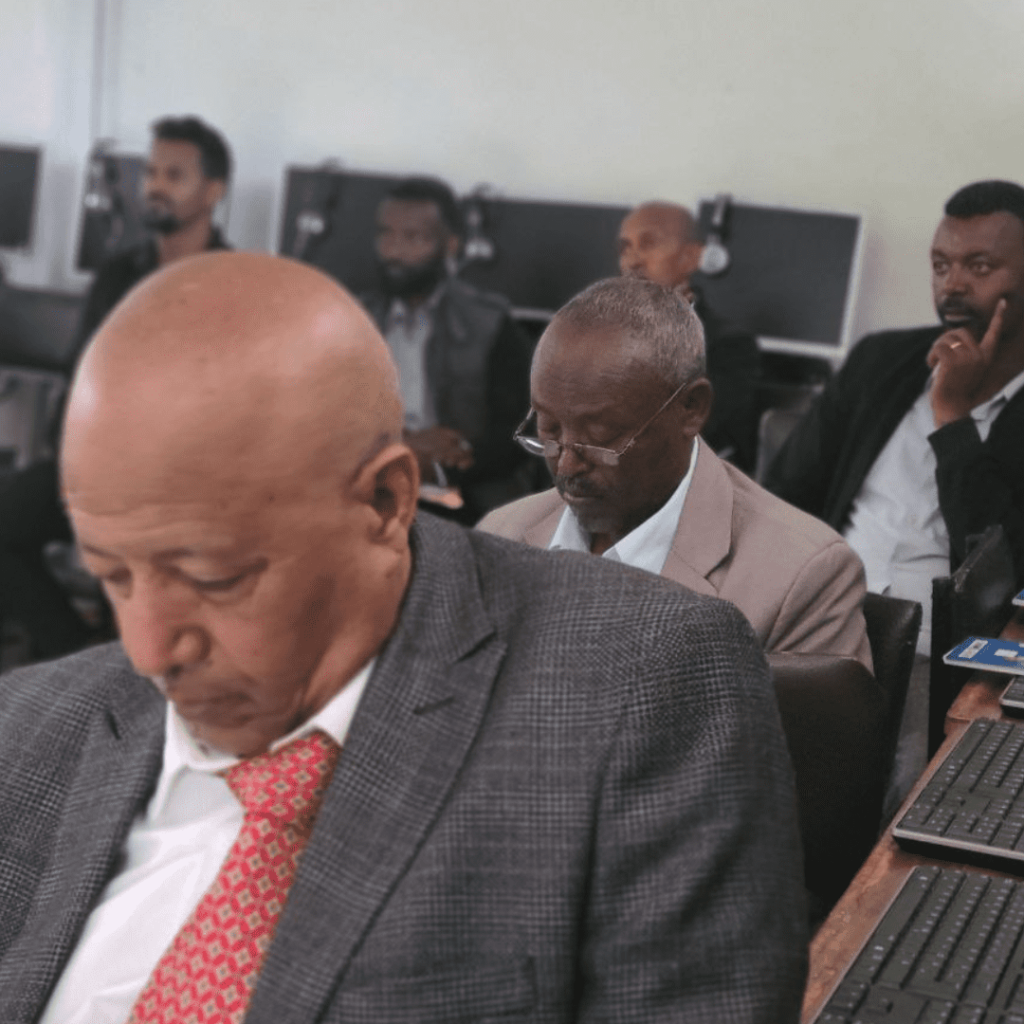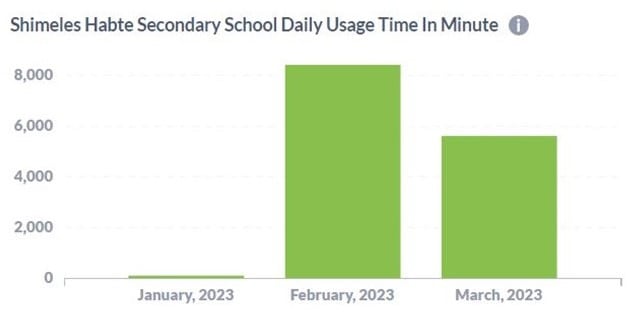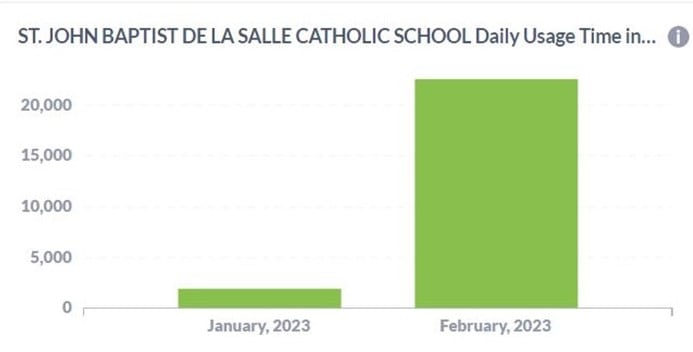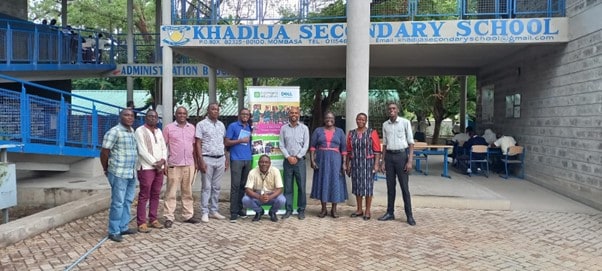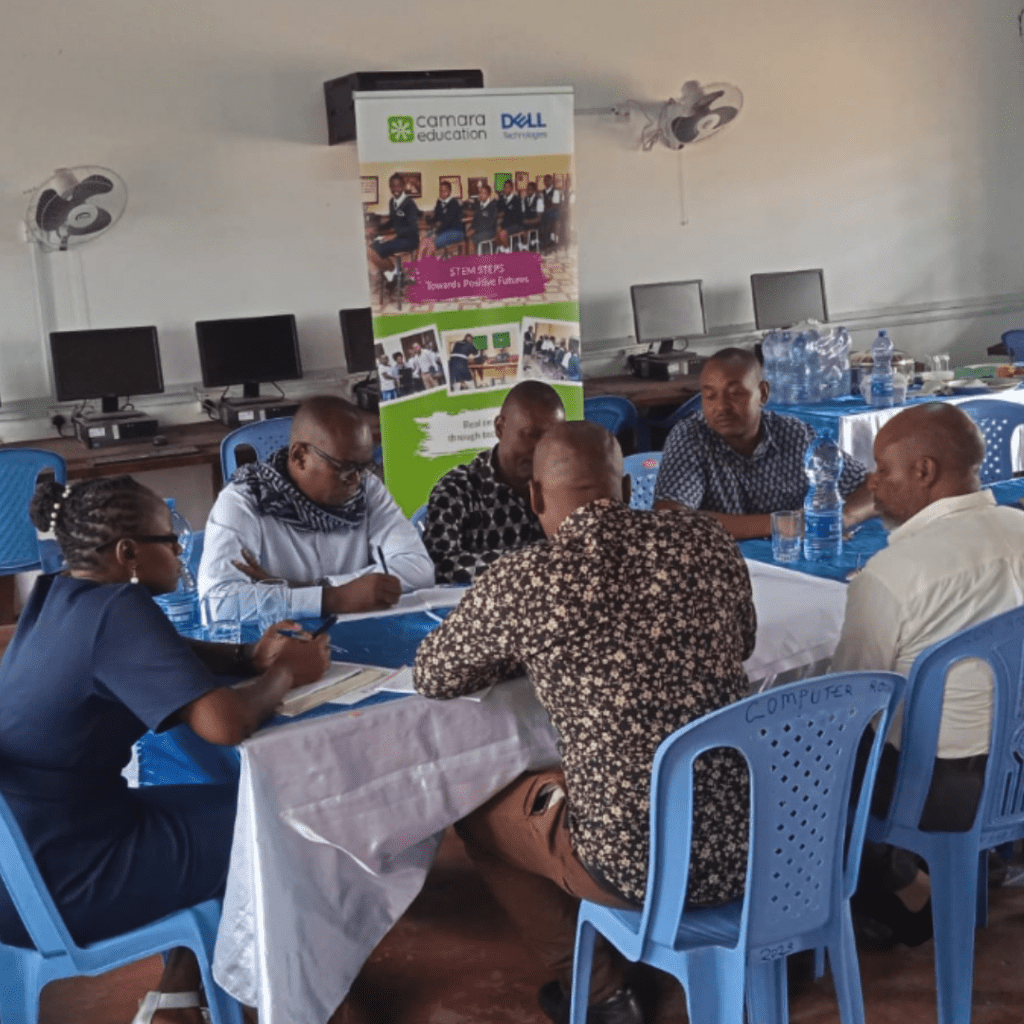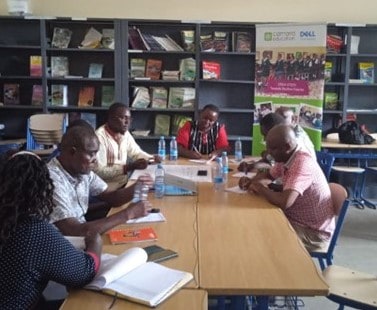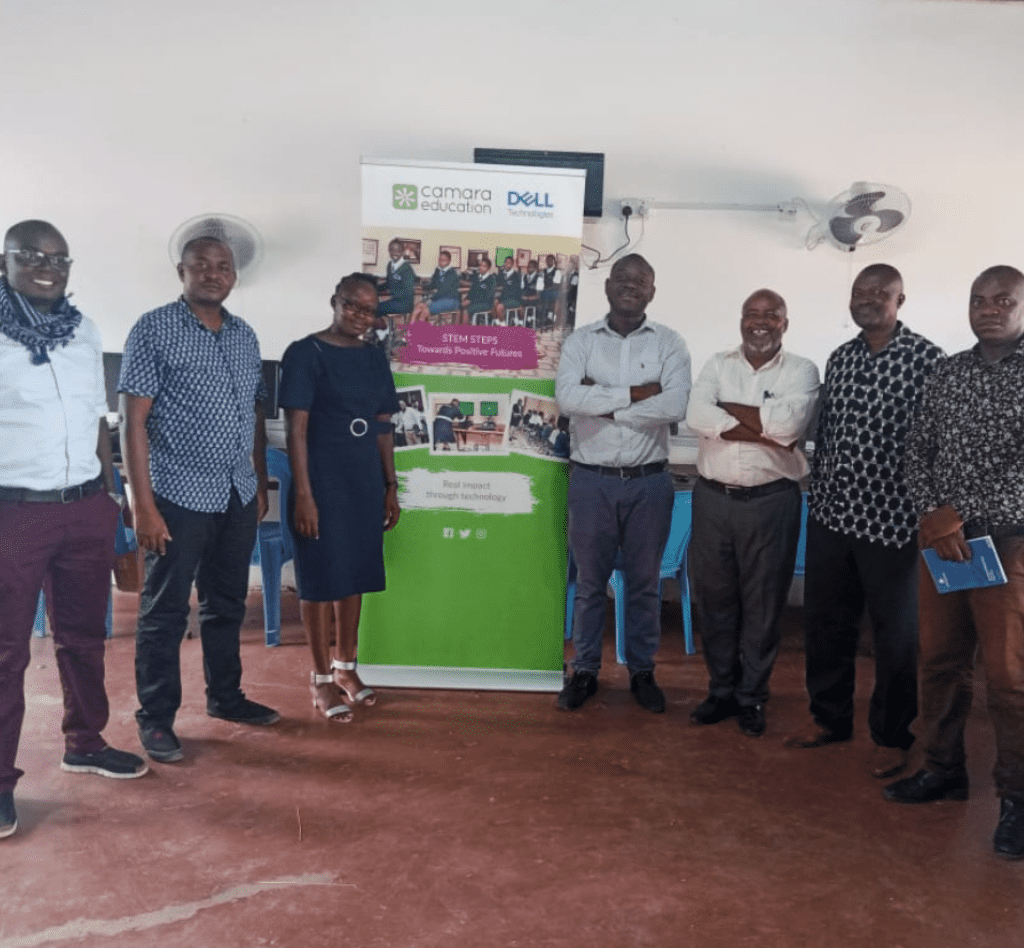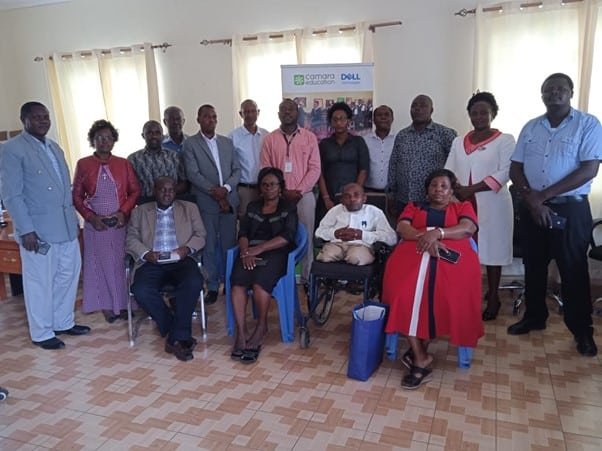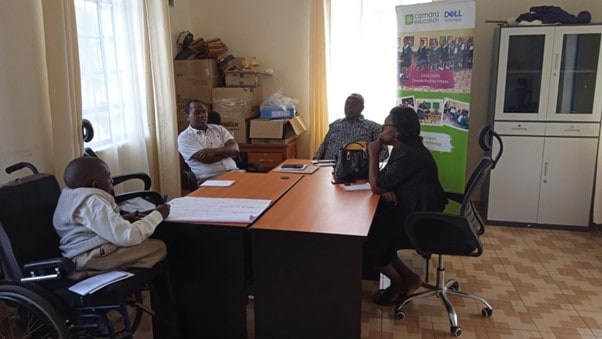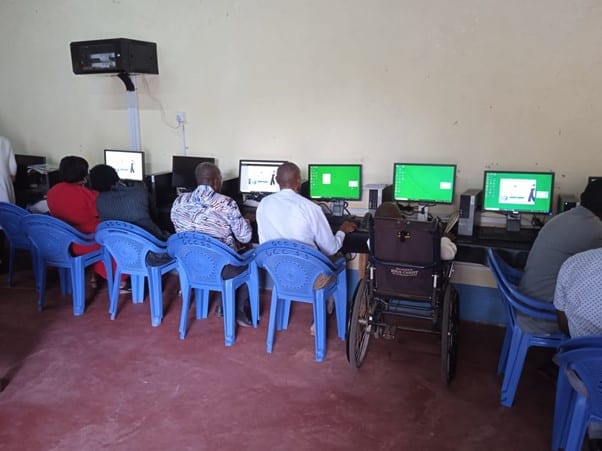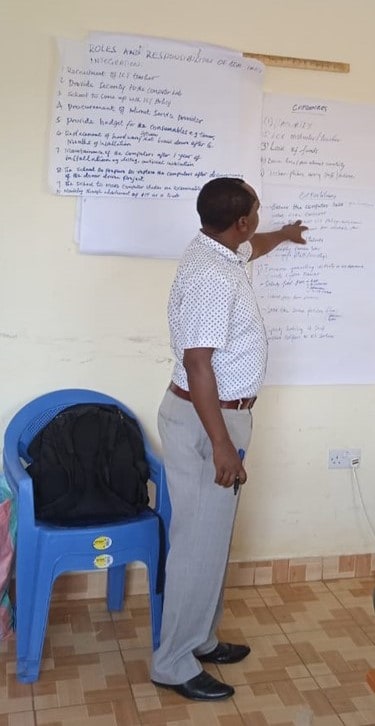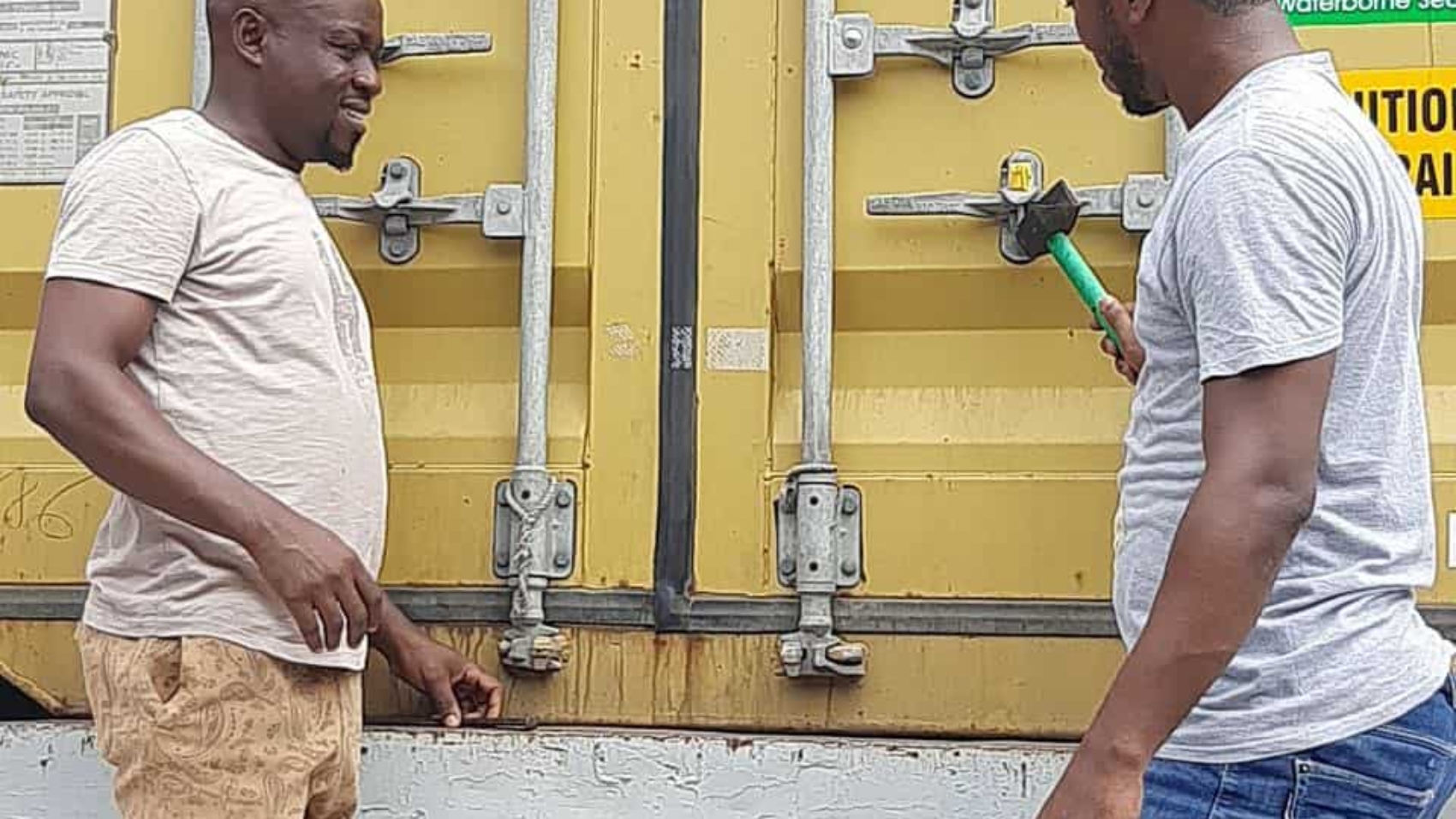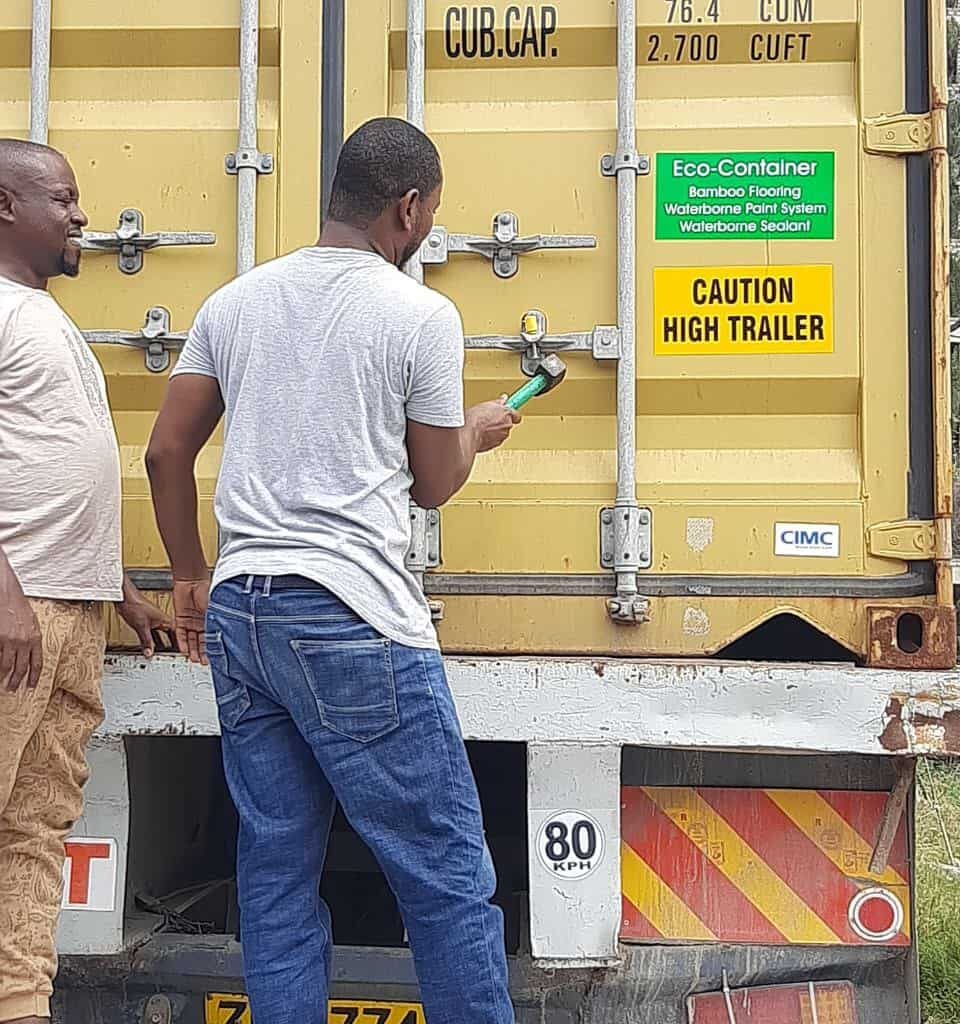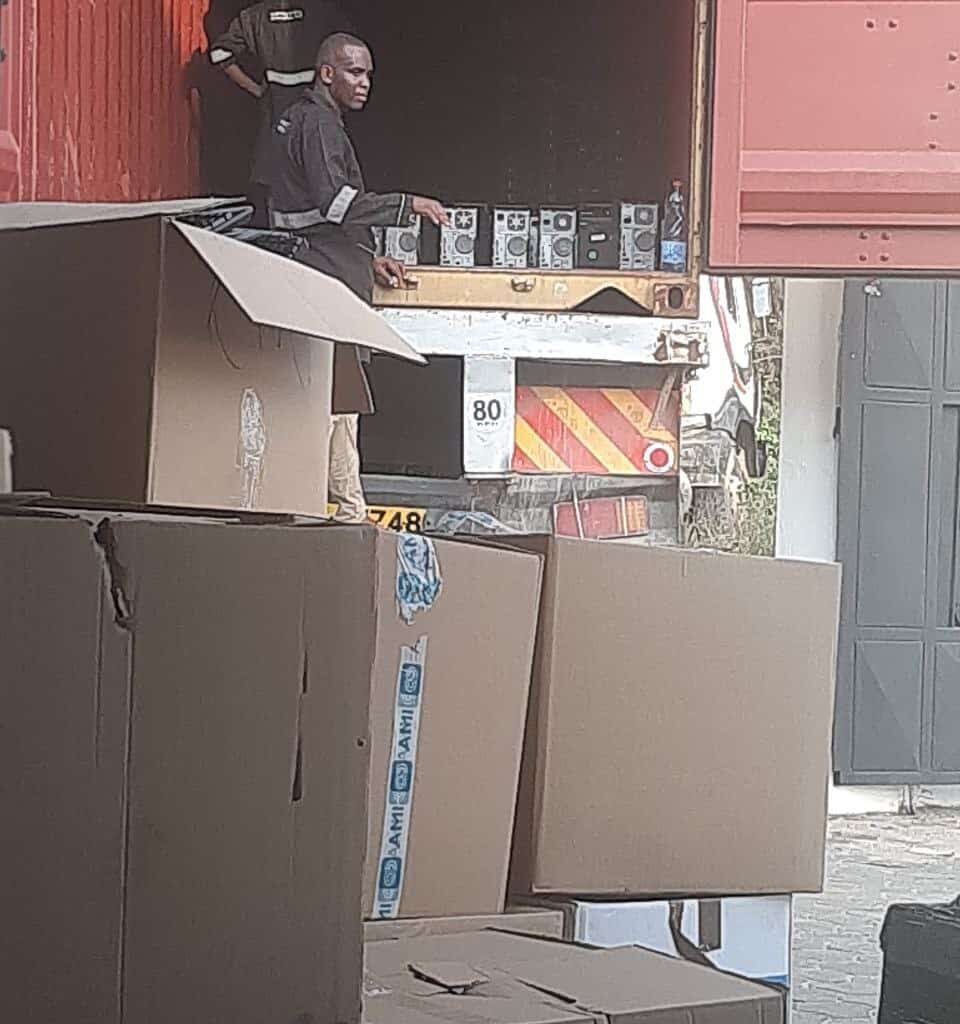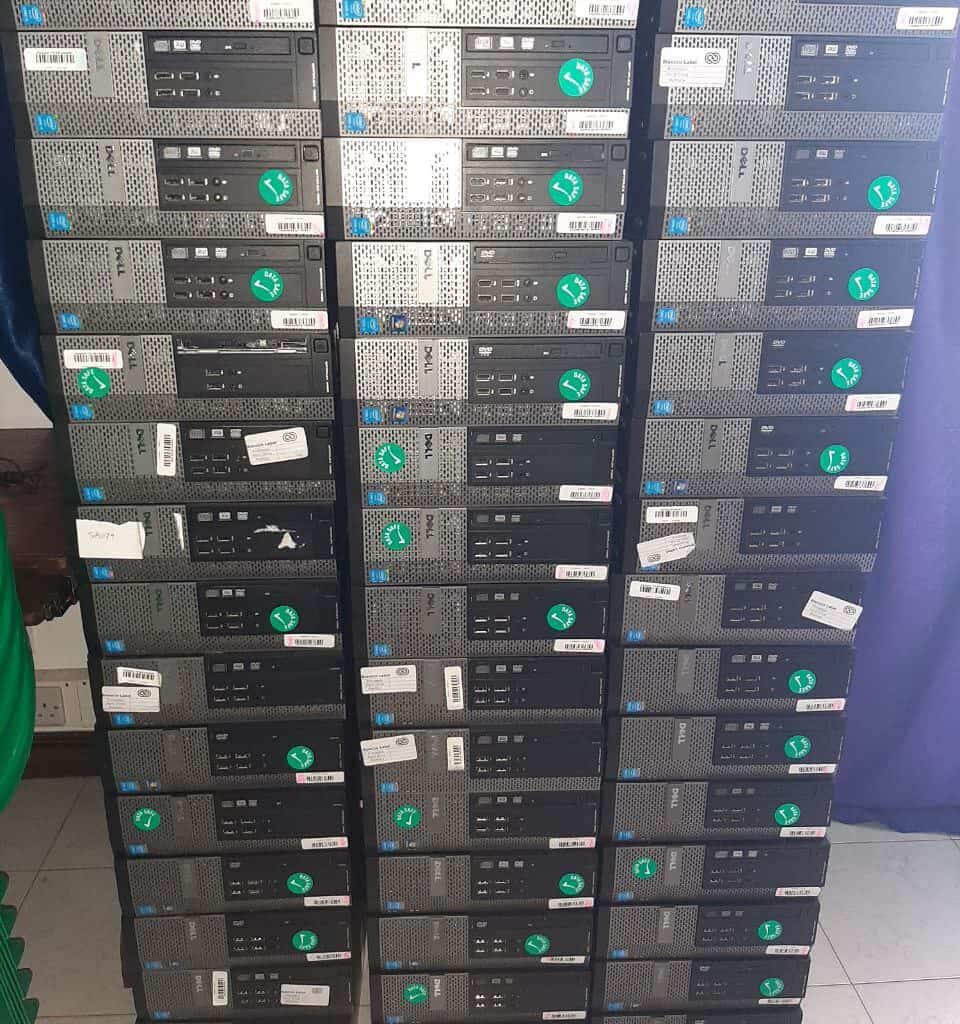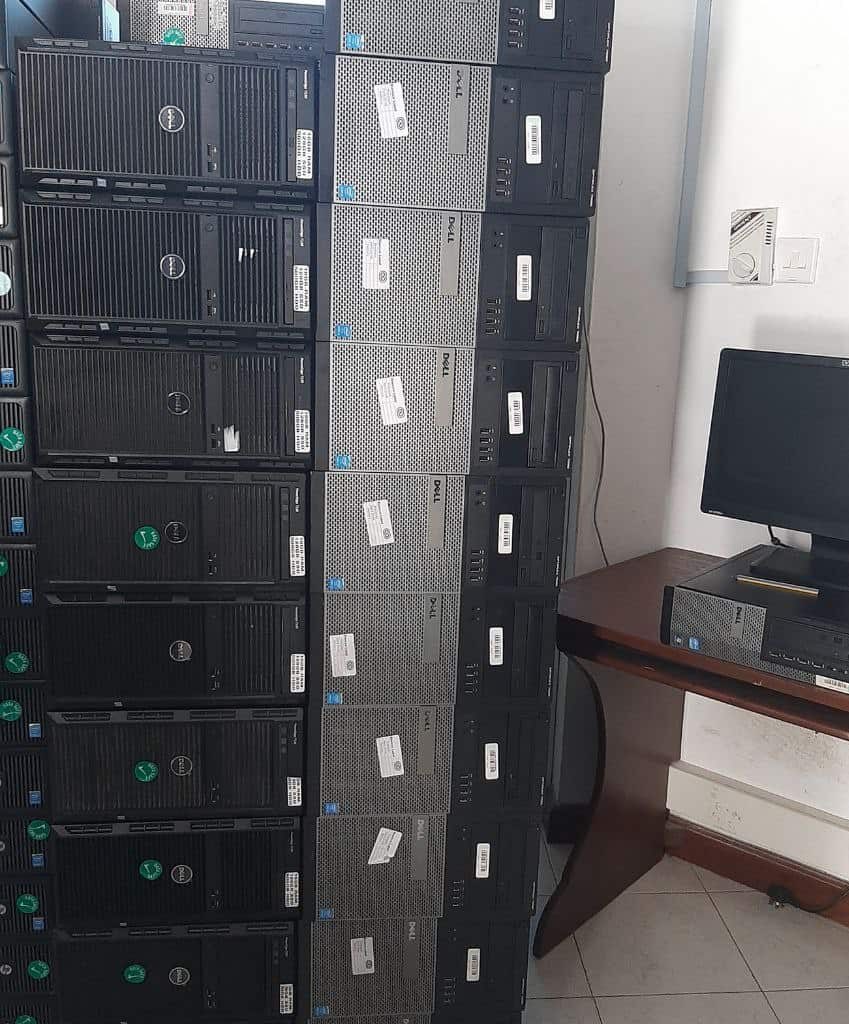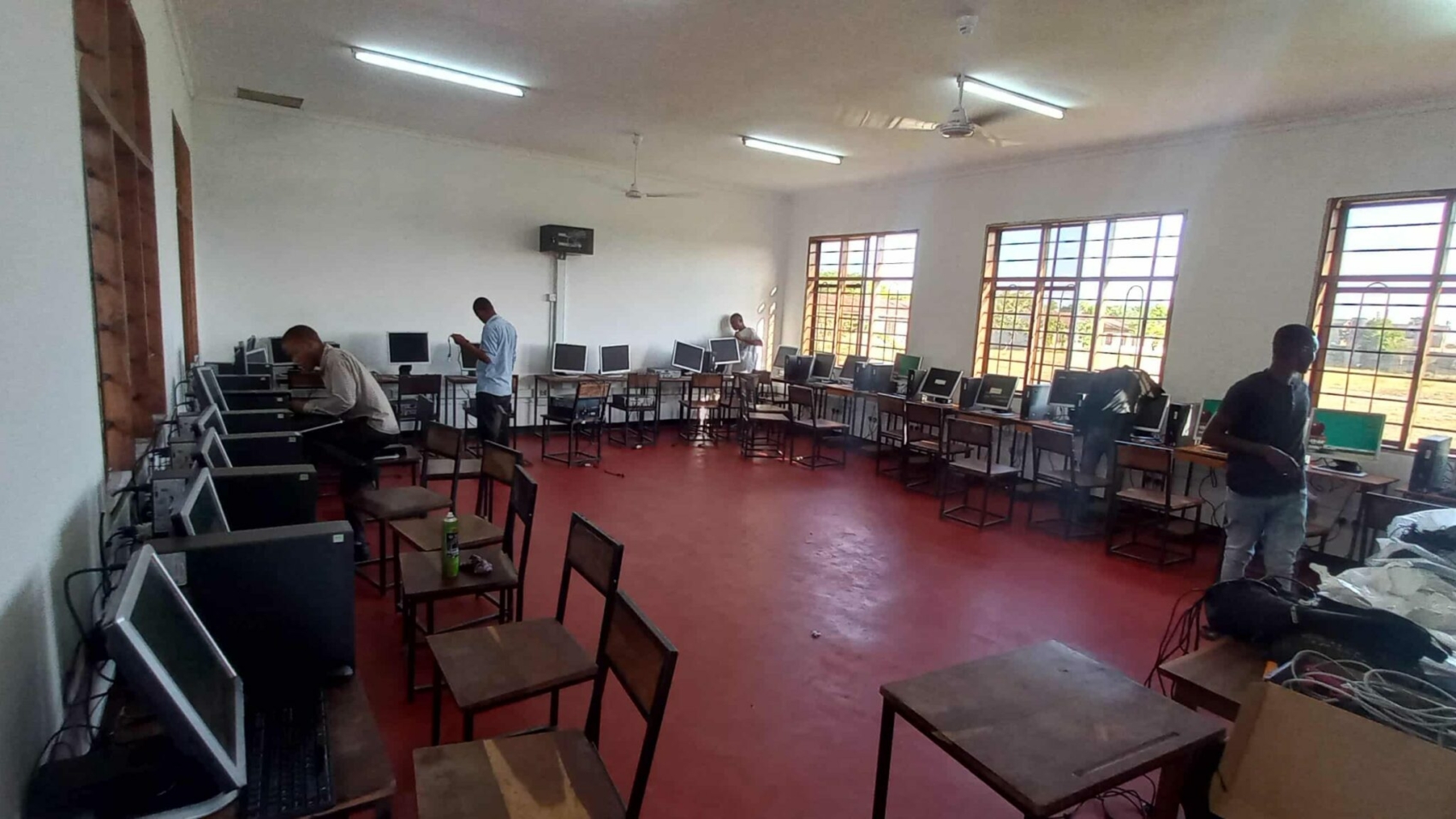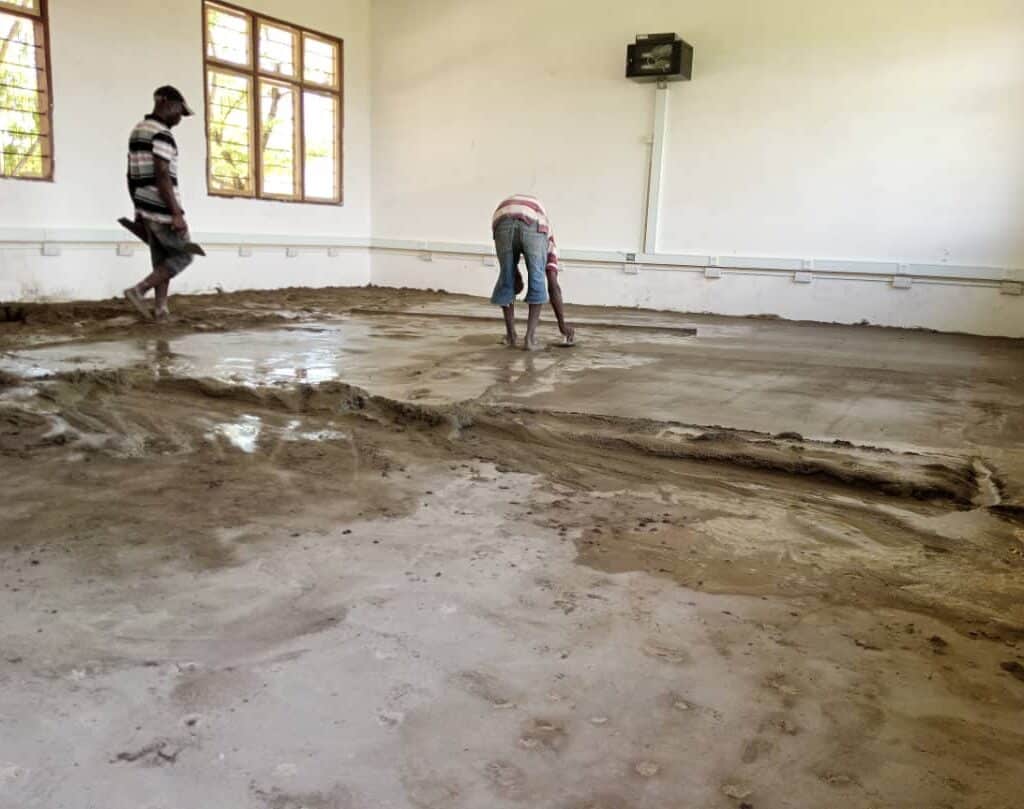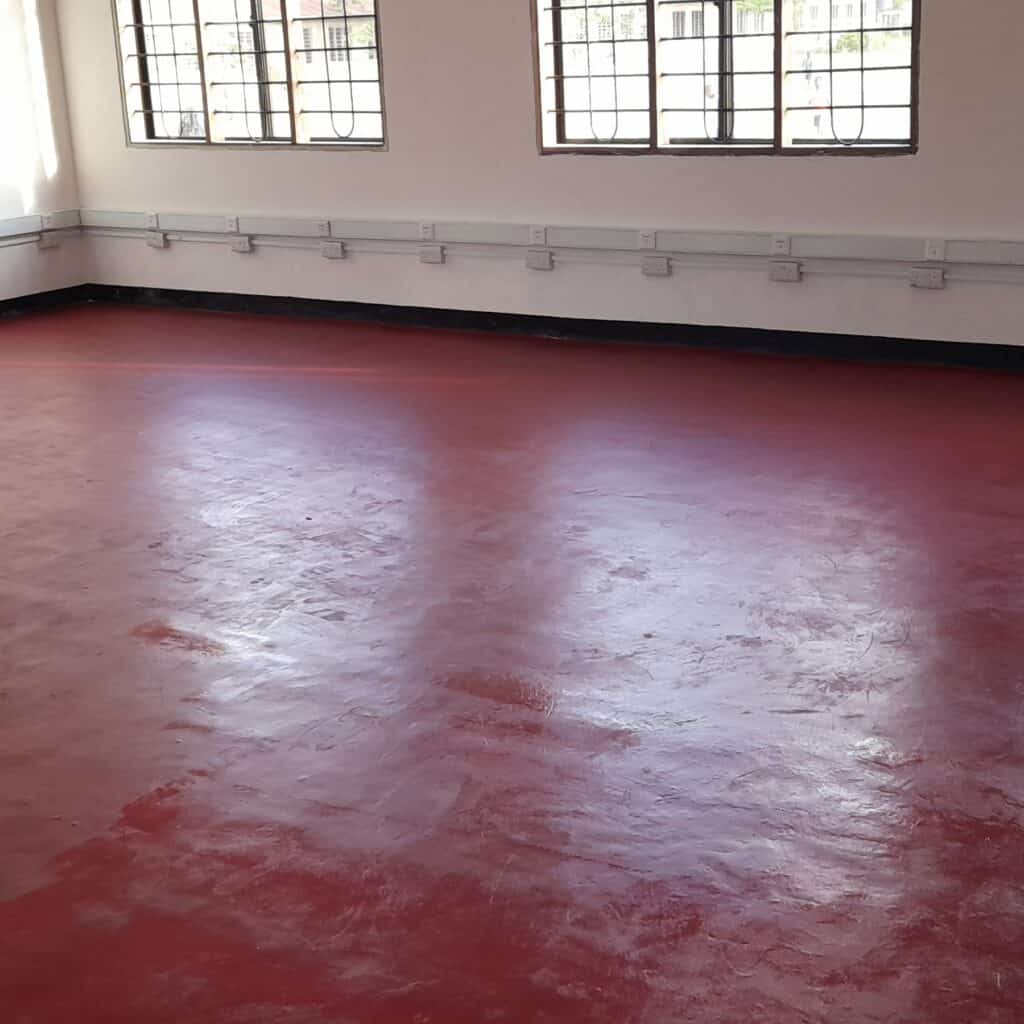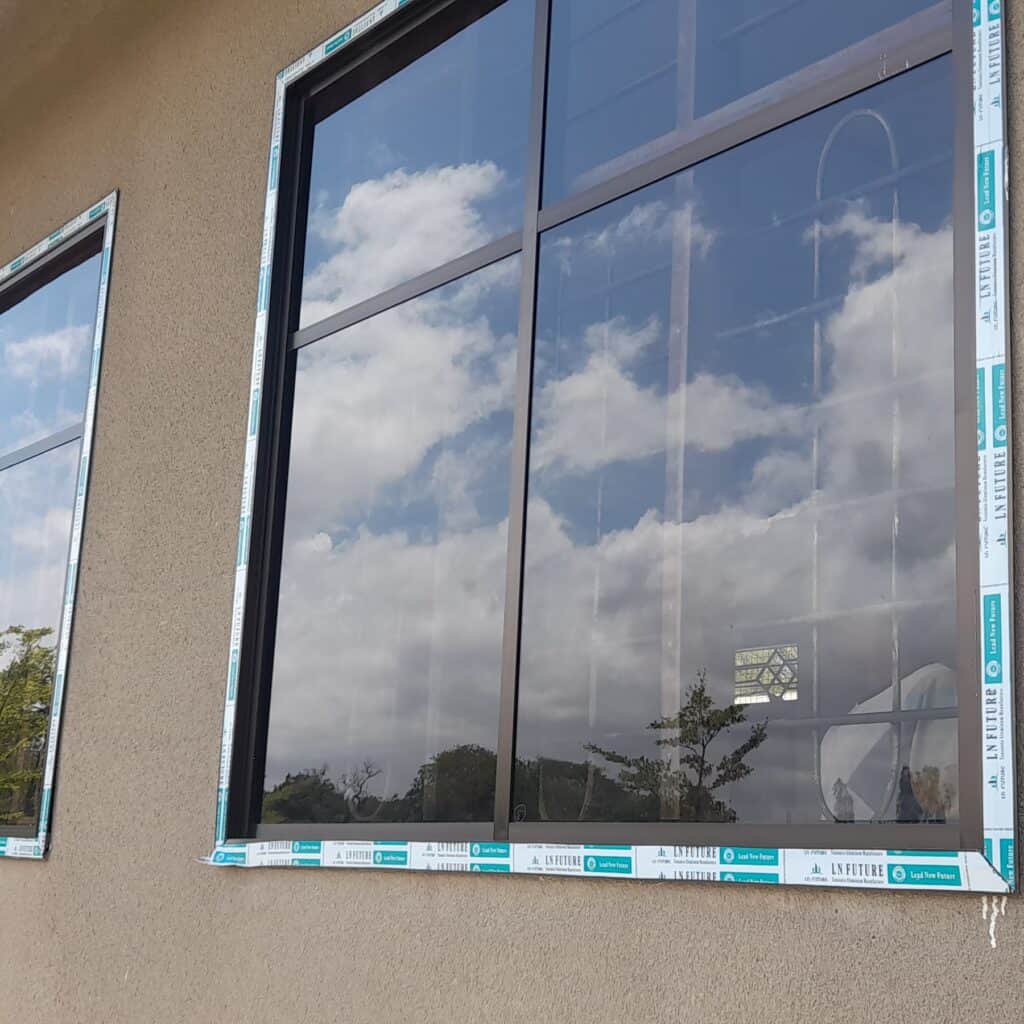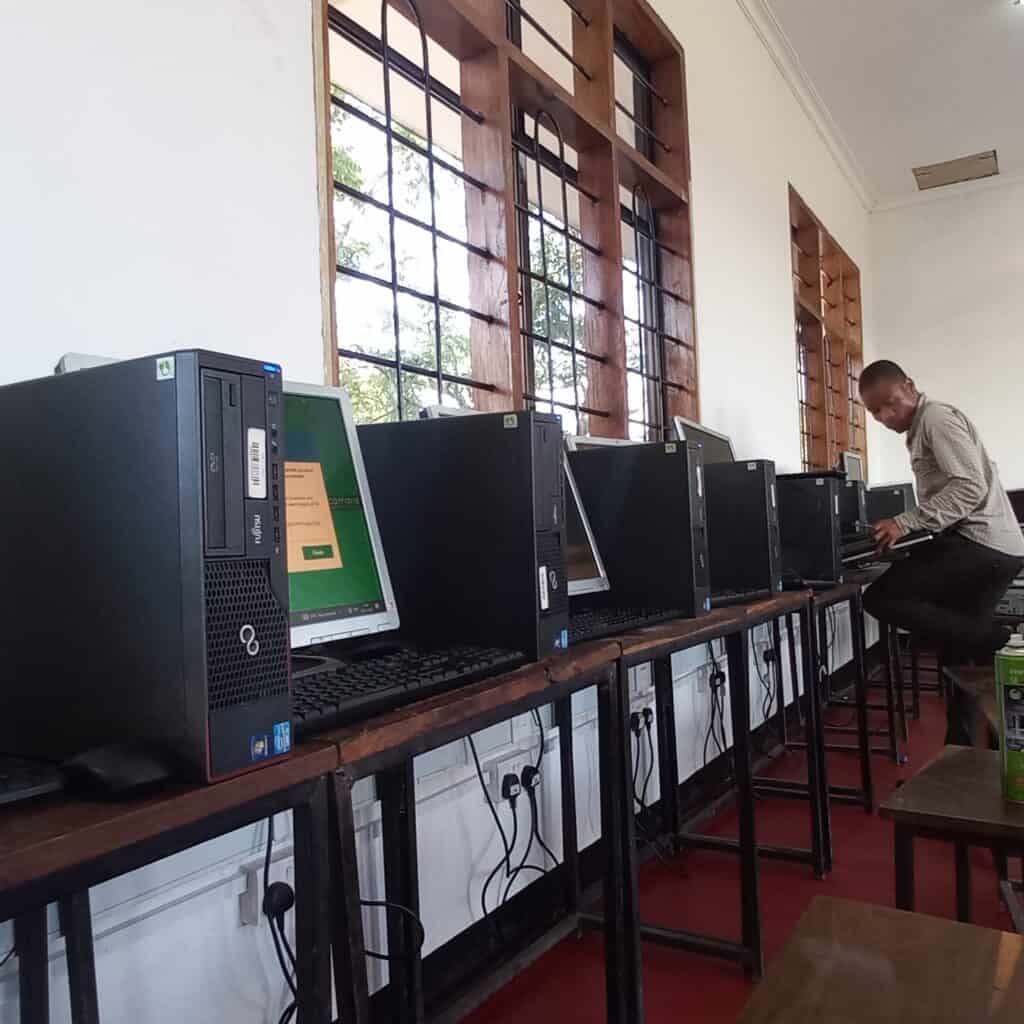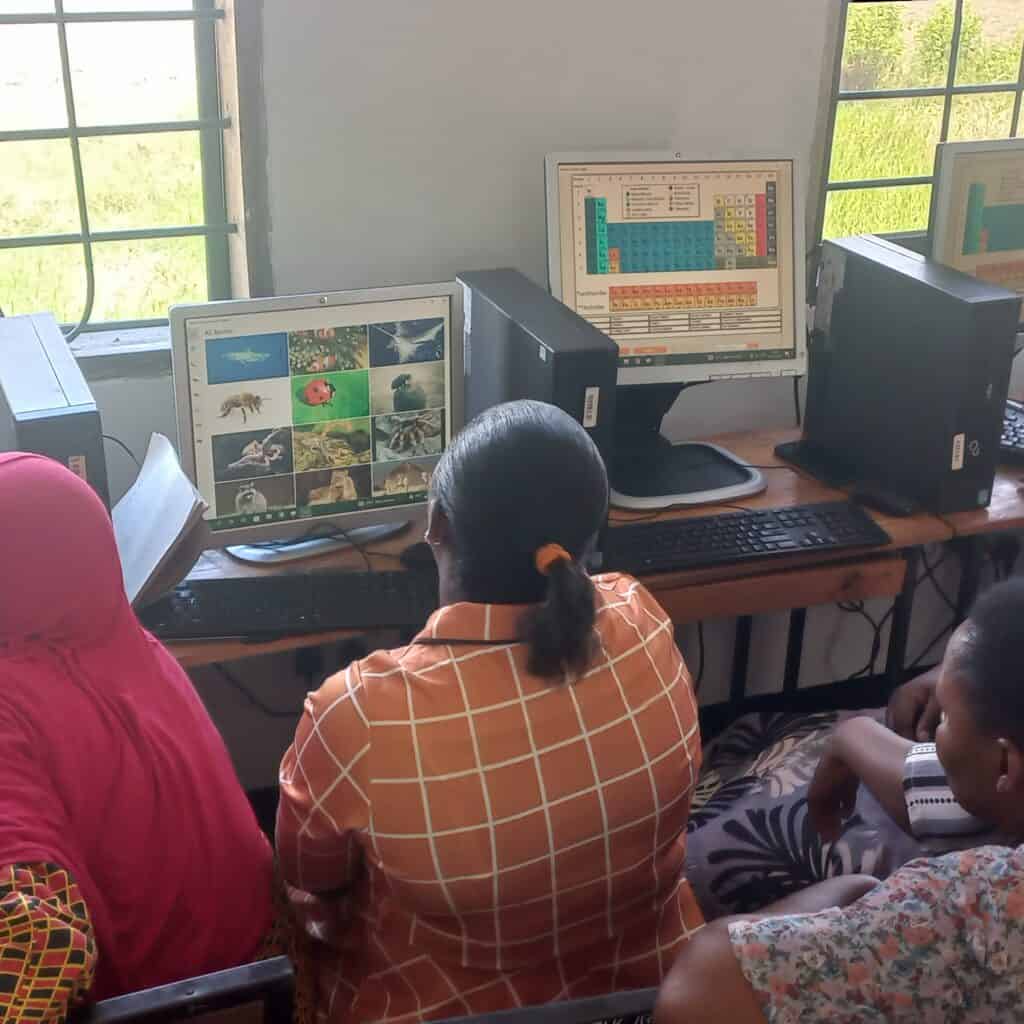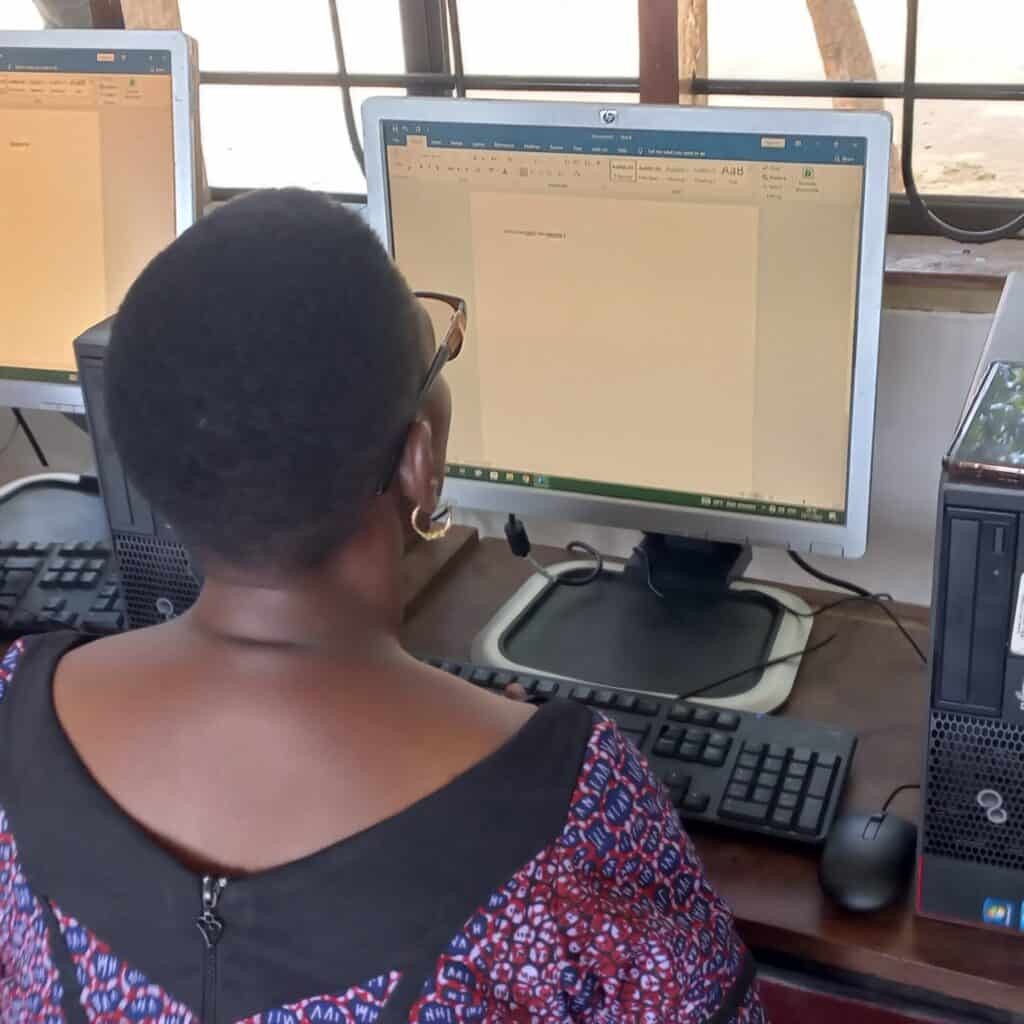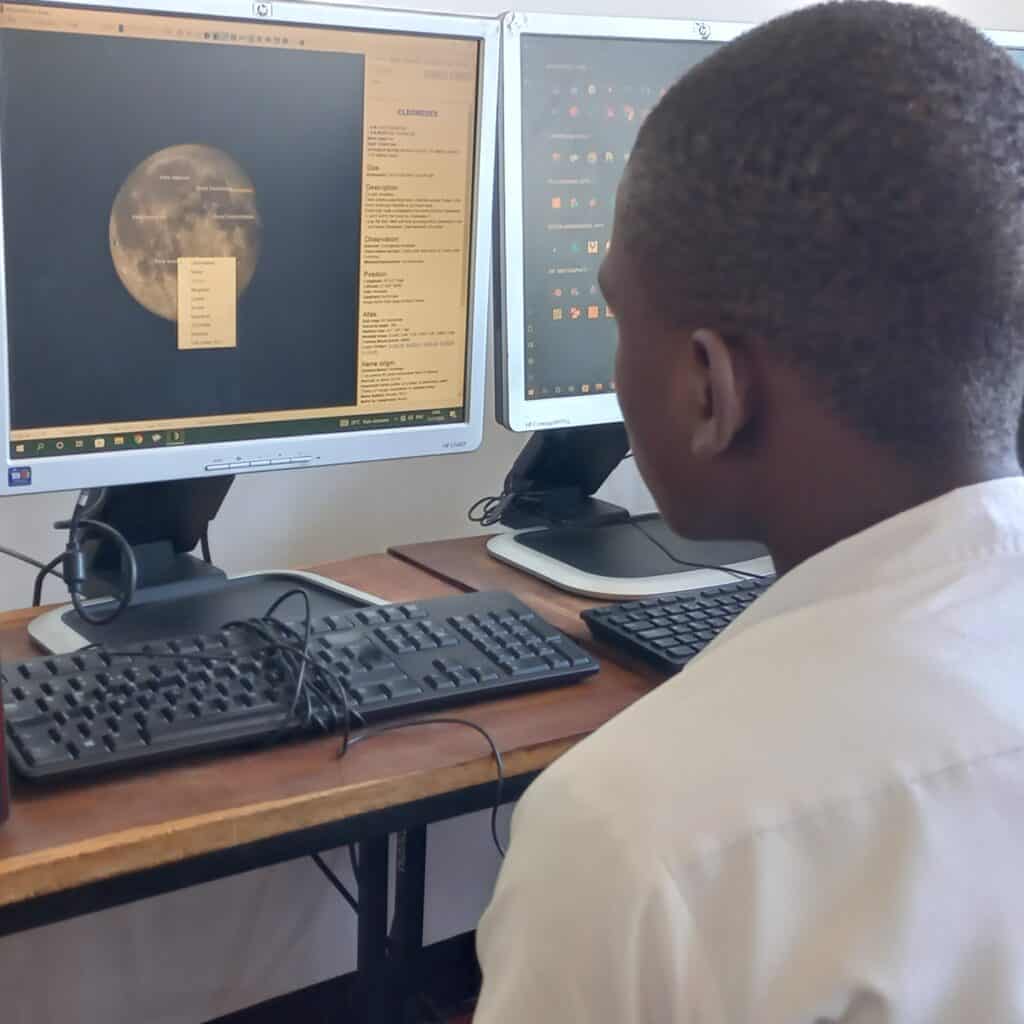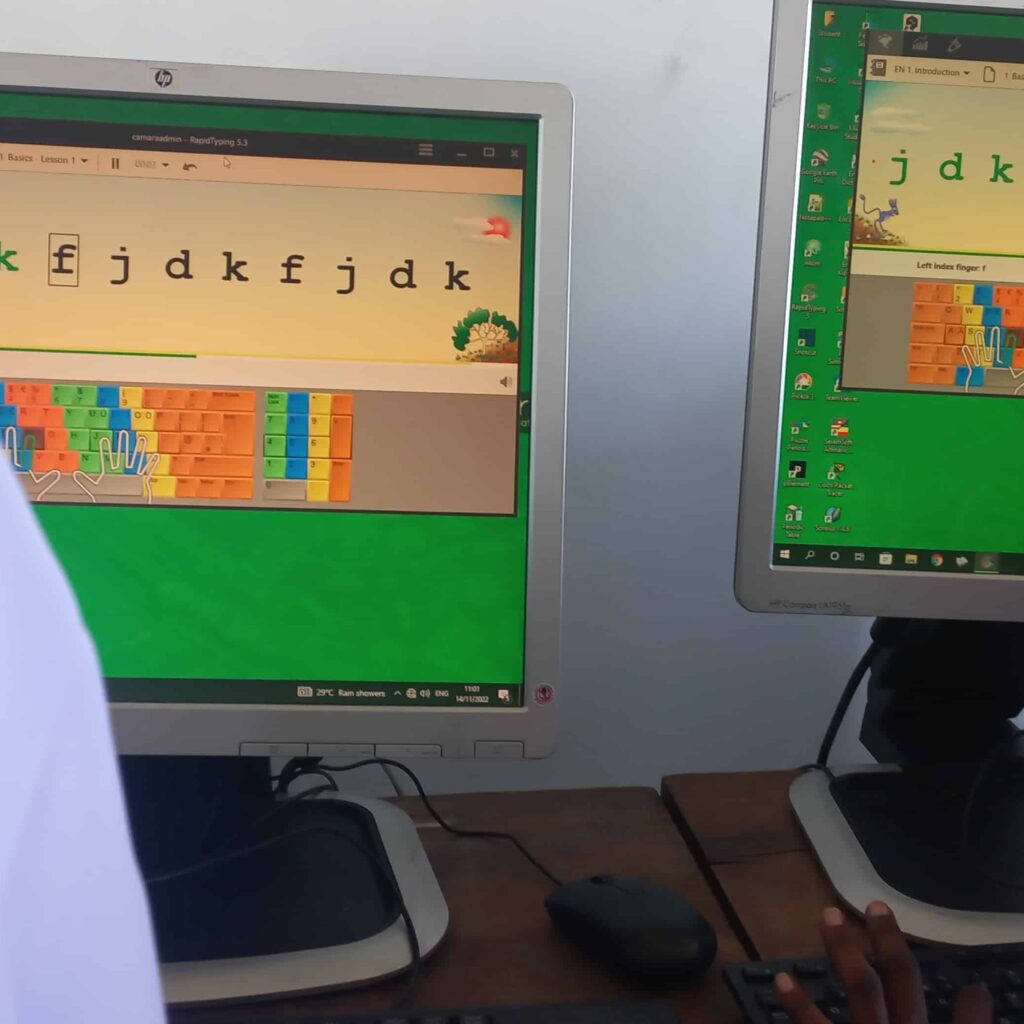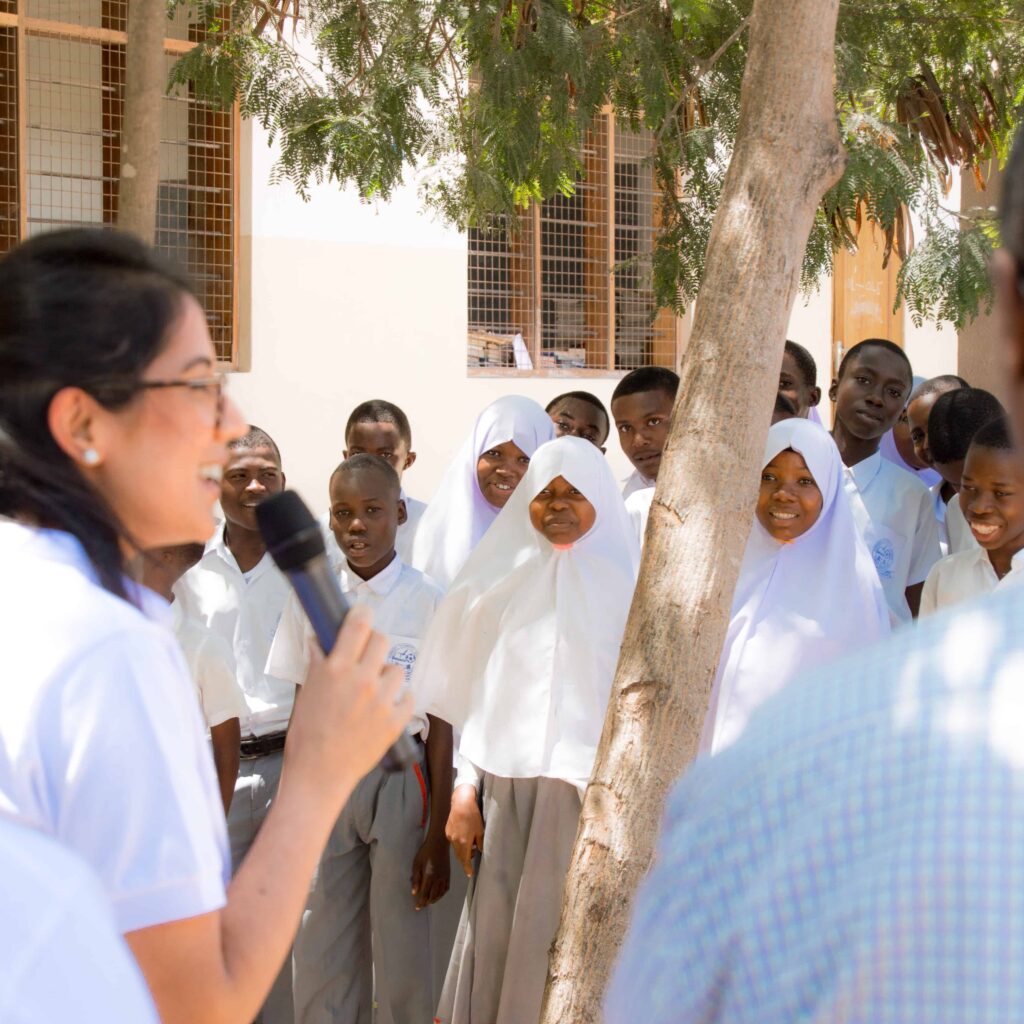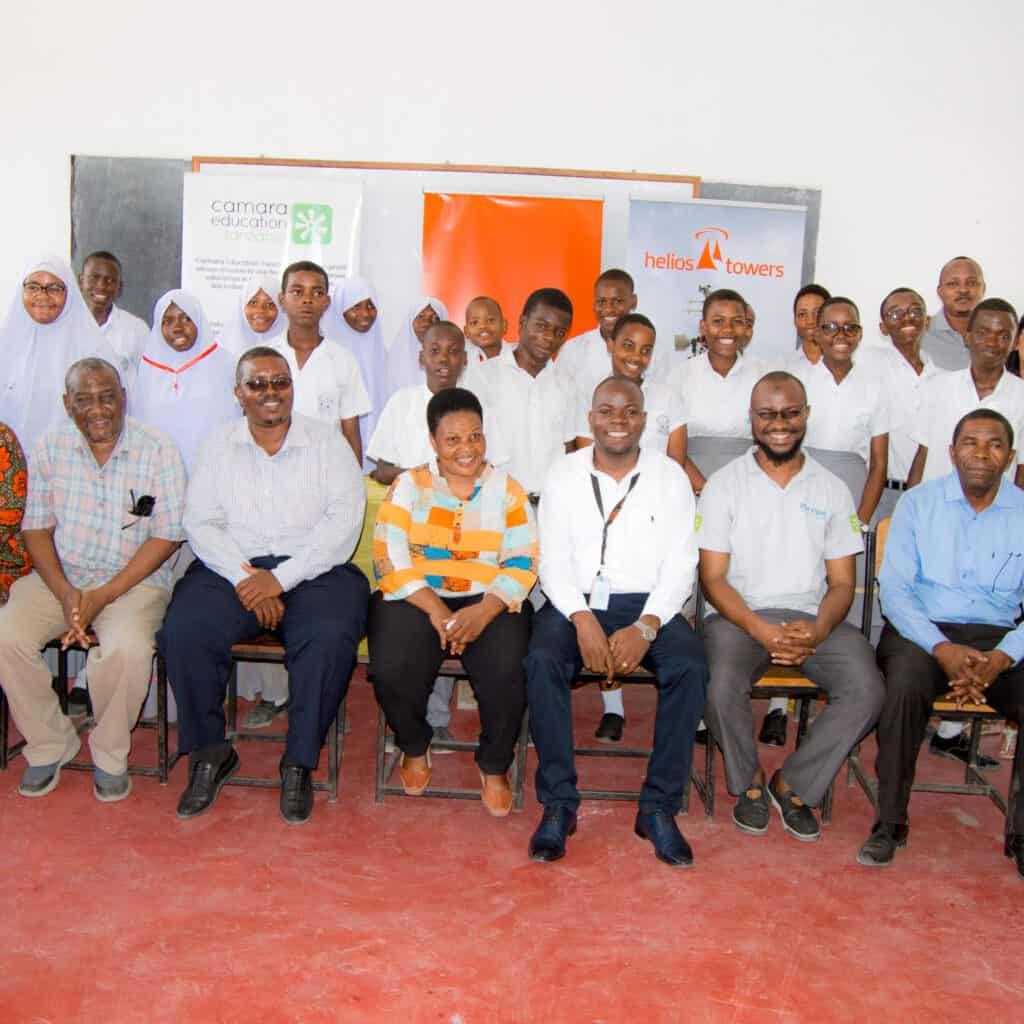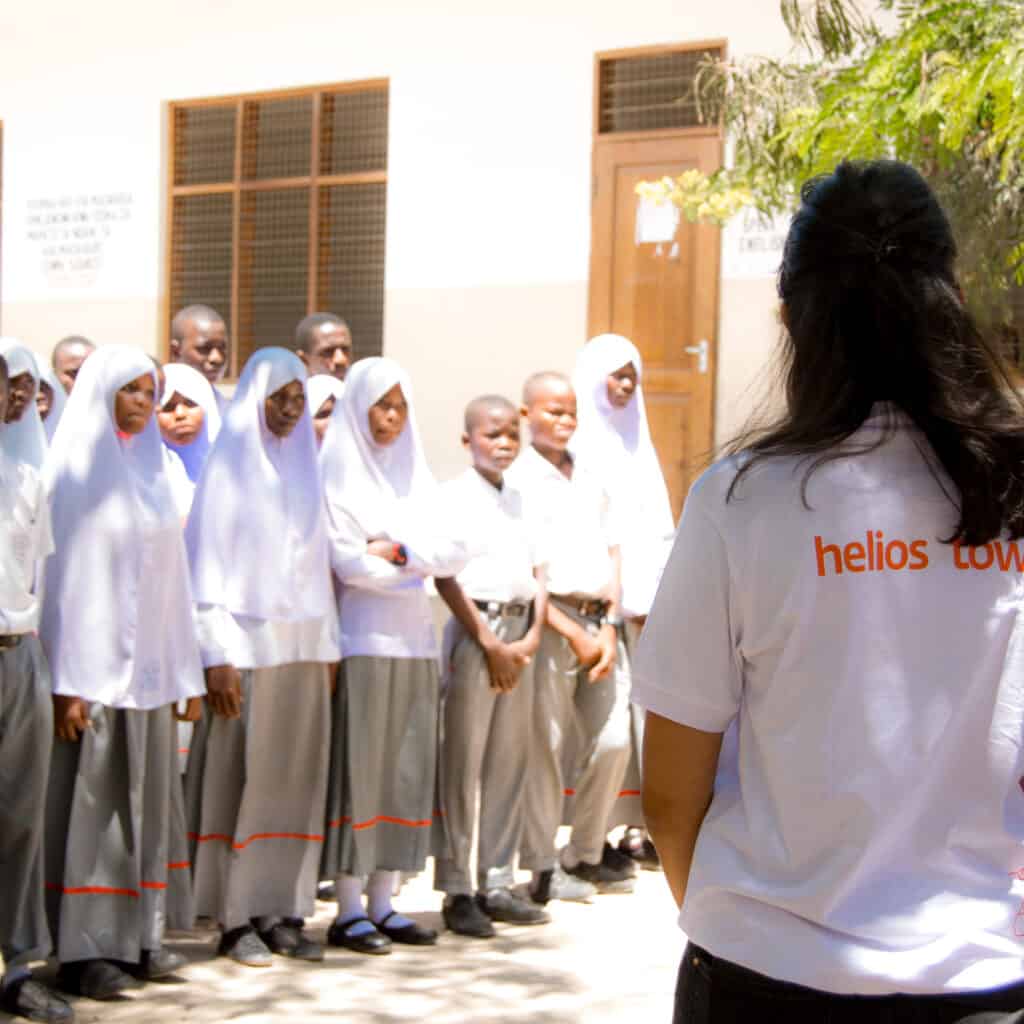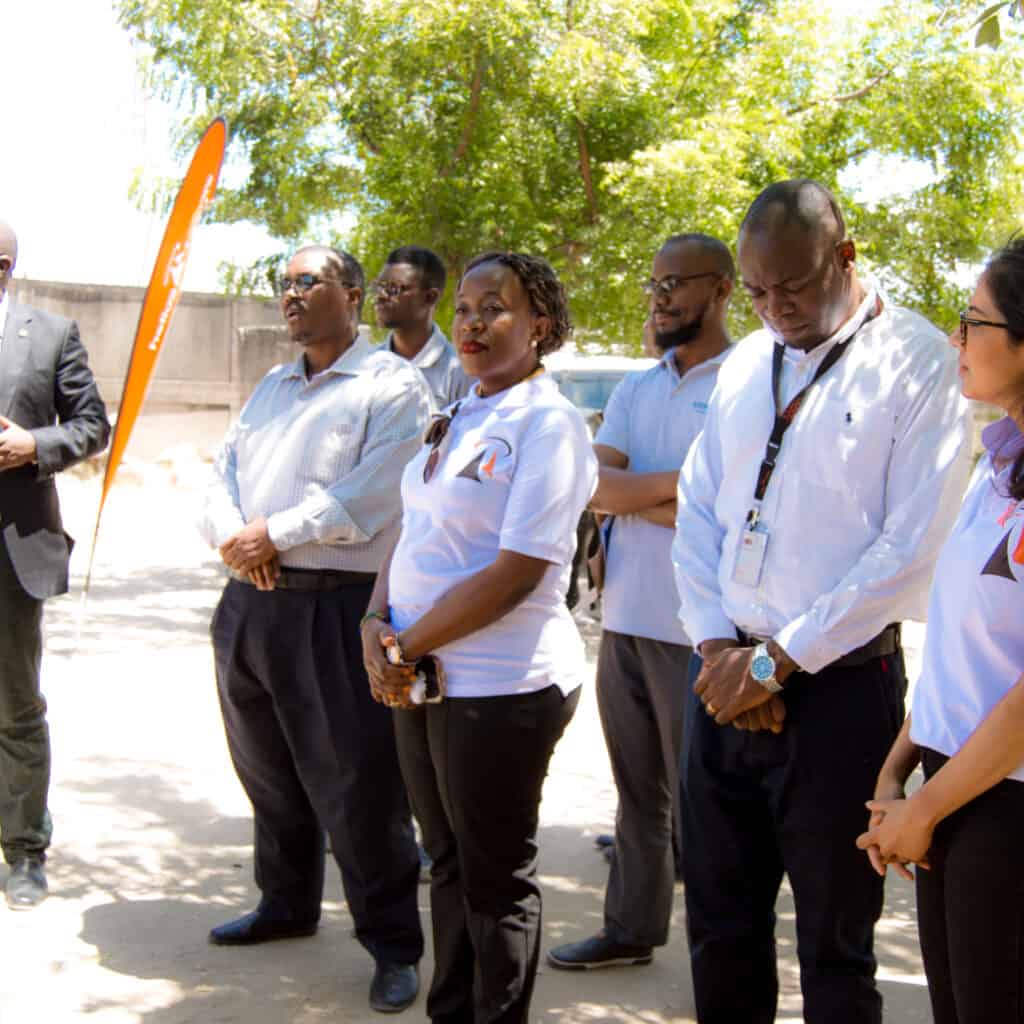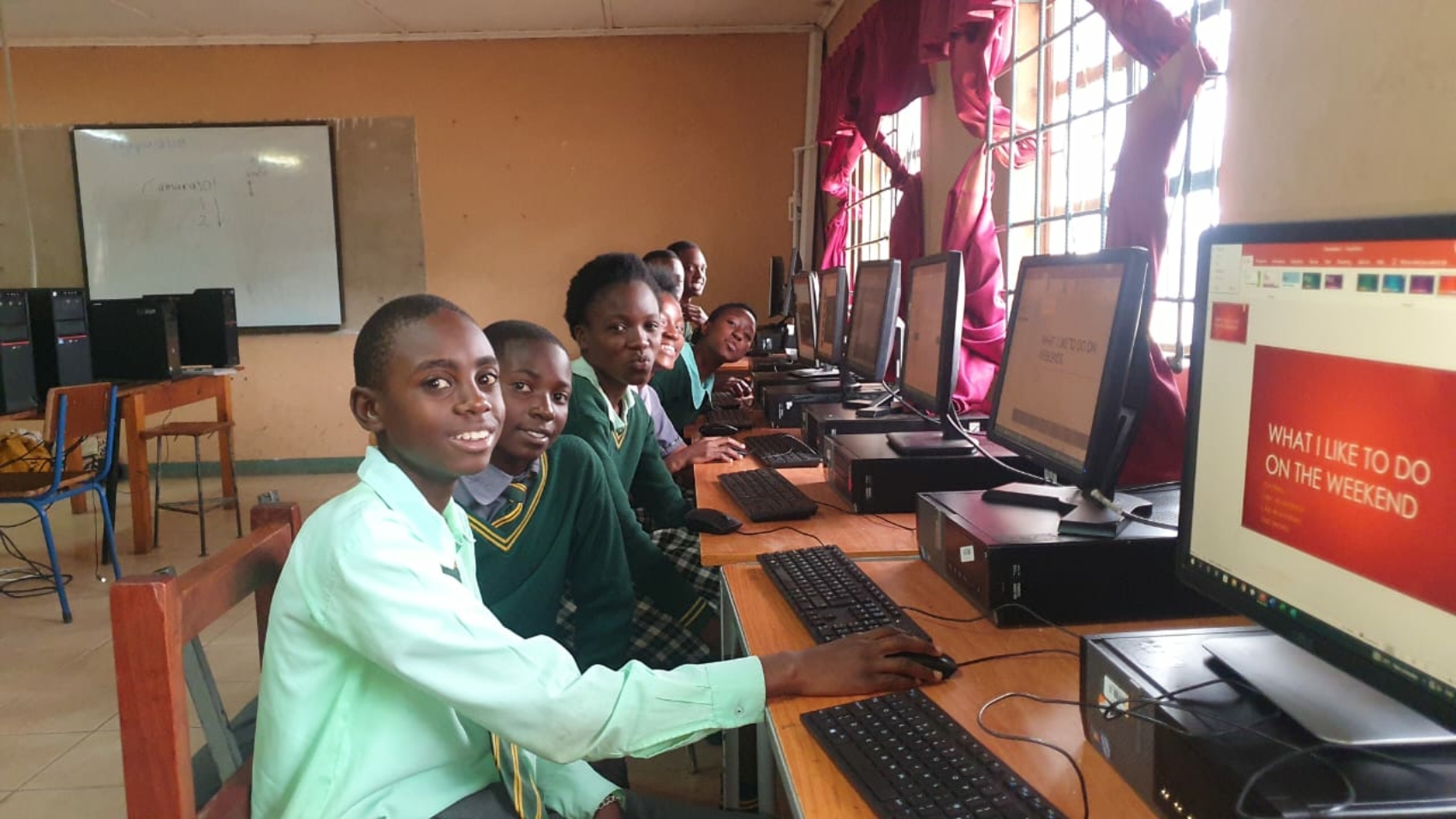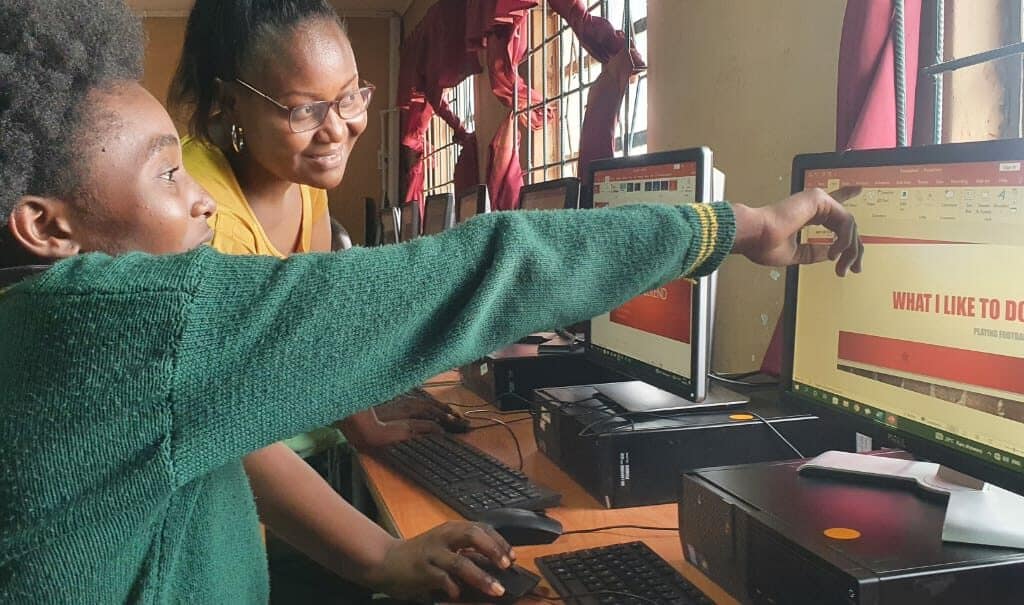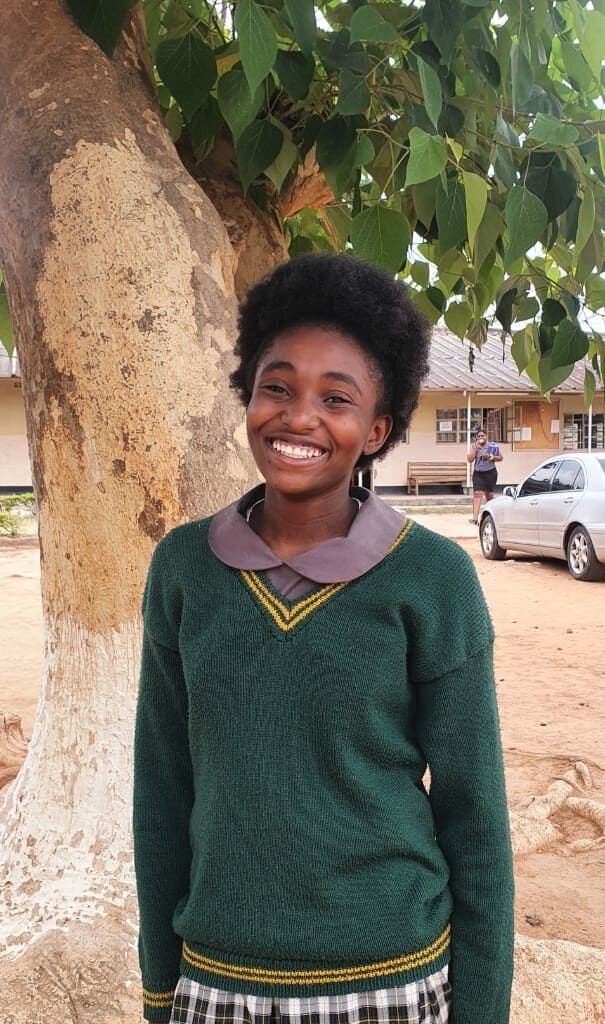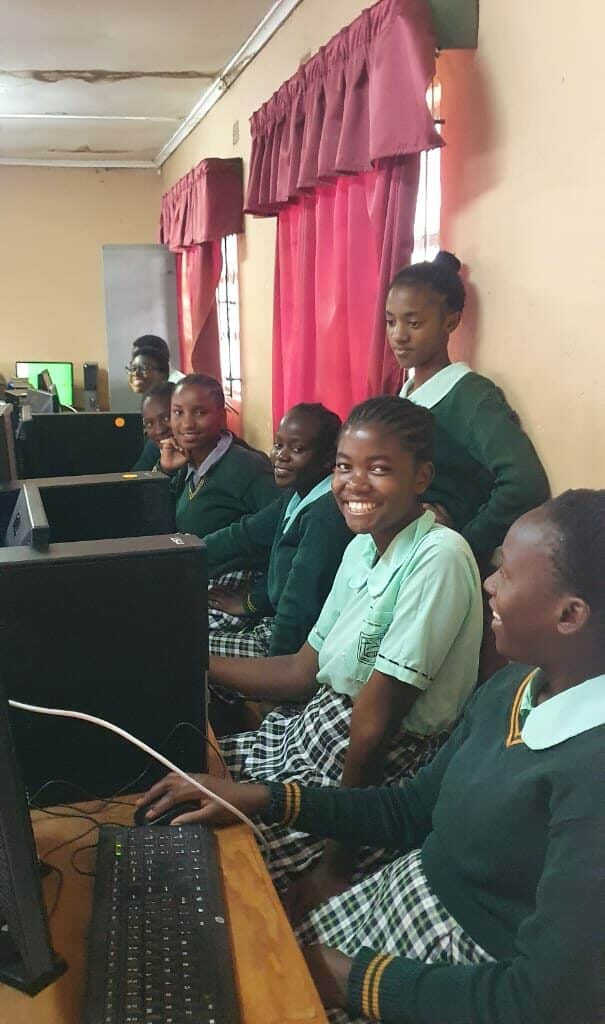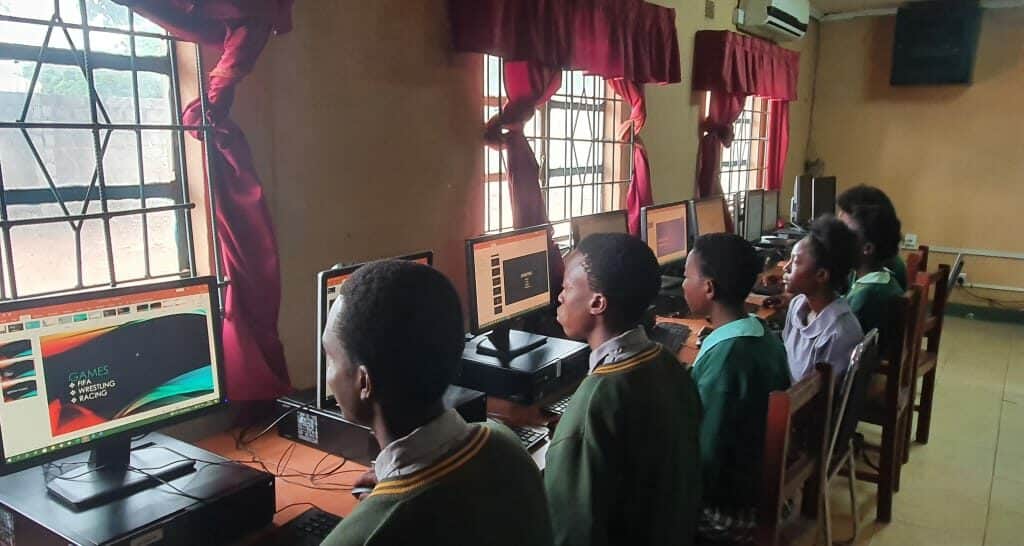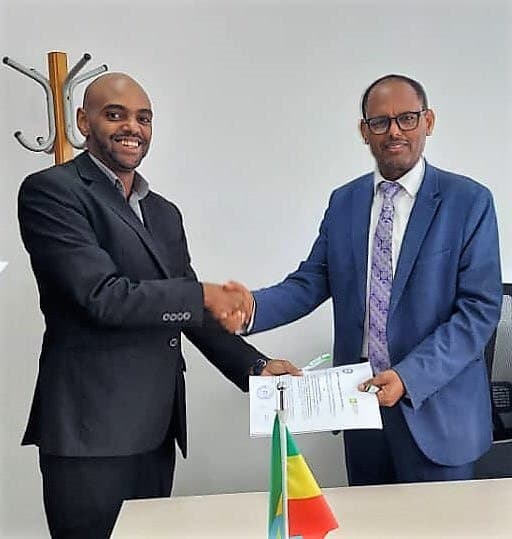
Camara Education Ethiopia recently signed a new agreement with the Federal Ministry of Education (MoE). The project, titled “Unleashing the Power of ICT in Ethiopian Schools: Improving student learning outcomes and building the capacity of educators through ICT integration from 2023 to 2028”, aims to continue and expand our collaboration with the MoE for a further five years.
Through this new project, Camara aims to:
- Equip 875 rural schools with 35,000 computers – 35-40 computers per school – loaded with local curriculum-aligned content and innovative learning platforms.
- Train 9,450 educators
- Impact 790,000 learners
In addition to offering the support provided in previous agreements for project schools, there have been some additions in this agreement based on our learning over the past few years:
- Additional refresher Training to be provided after one year
- Scheduled Maintenance after one year
- Improved computer specifications to meet current needs
- Updated content from MoE and others
- 35-40 PCs per school, as number of PCs was found not to be enough in schools vs number of students
- On request from Camara, the agreement contains further details on the removal of Ewaste from schools previously supported.
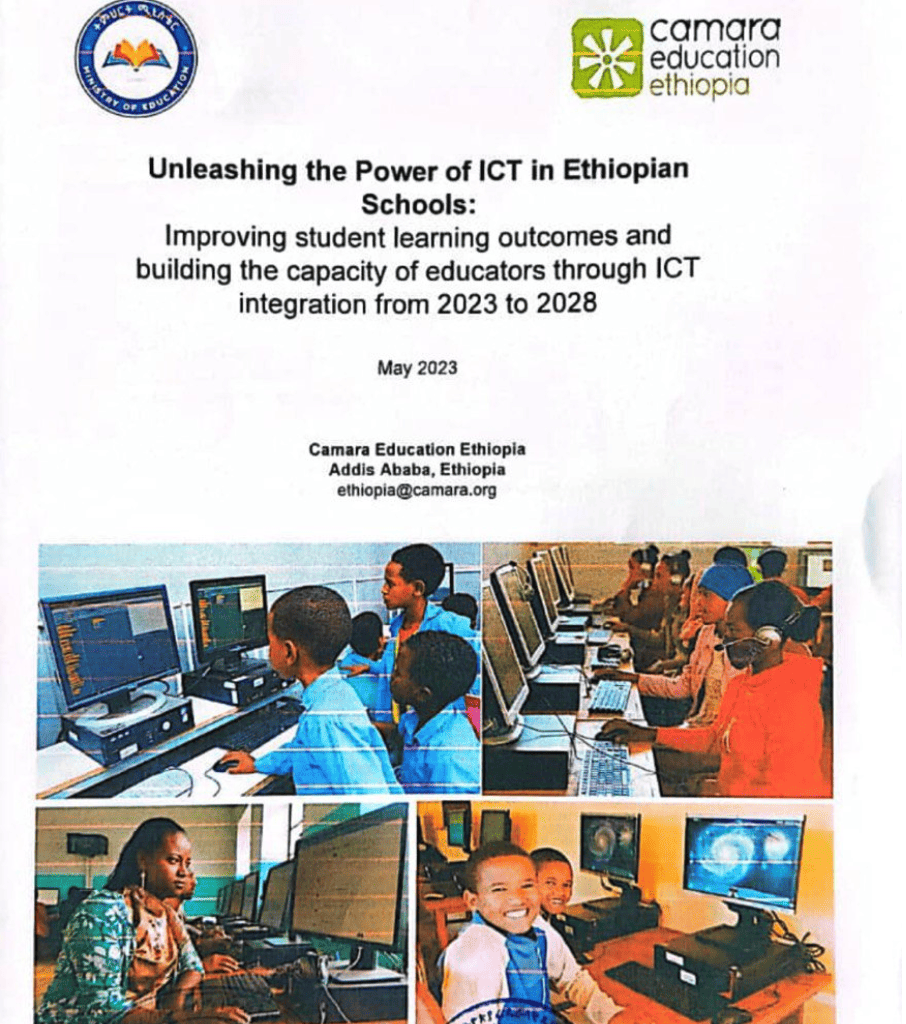
Our local team in Addis Ababa unpacks and thoroughly tests the refurbished computers we ship out. They install an open-source operating system (Ubuntu) and load educational software and content aligned to the national curriculum and in local languages on each computer. All the computers are also loaded with an offline version of Wikipedia, creating an extraordinary learning resource for schools which often have no library books and limited internet connections. And most important of all, the computers are installed with PDFs of Ministry of Education textbooks covering the entire school curriculum. Textbooks are in very short supply in many of Ethiopia’s 40,000 schools, so this alone is a crucial resource, enabling students to access information even in areas where the lack of good internet connectivity can mean they have no or sporadic access to online content.
Our technicians travel to each school and kit out a fully functional eLearning centre, installing cabling and anti-surge protection along with 35-40 refurbished computers.
A critical element of our programme is to actively train both school management and teachers to ensure they have the necessary digital skills to maximise the use of the eLearning centre in their school. Follow-up training courses are provided to ensure progress continues and targets are achieved.

